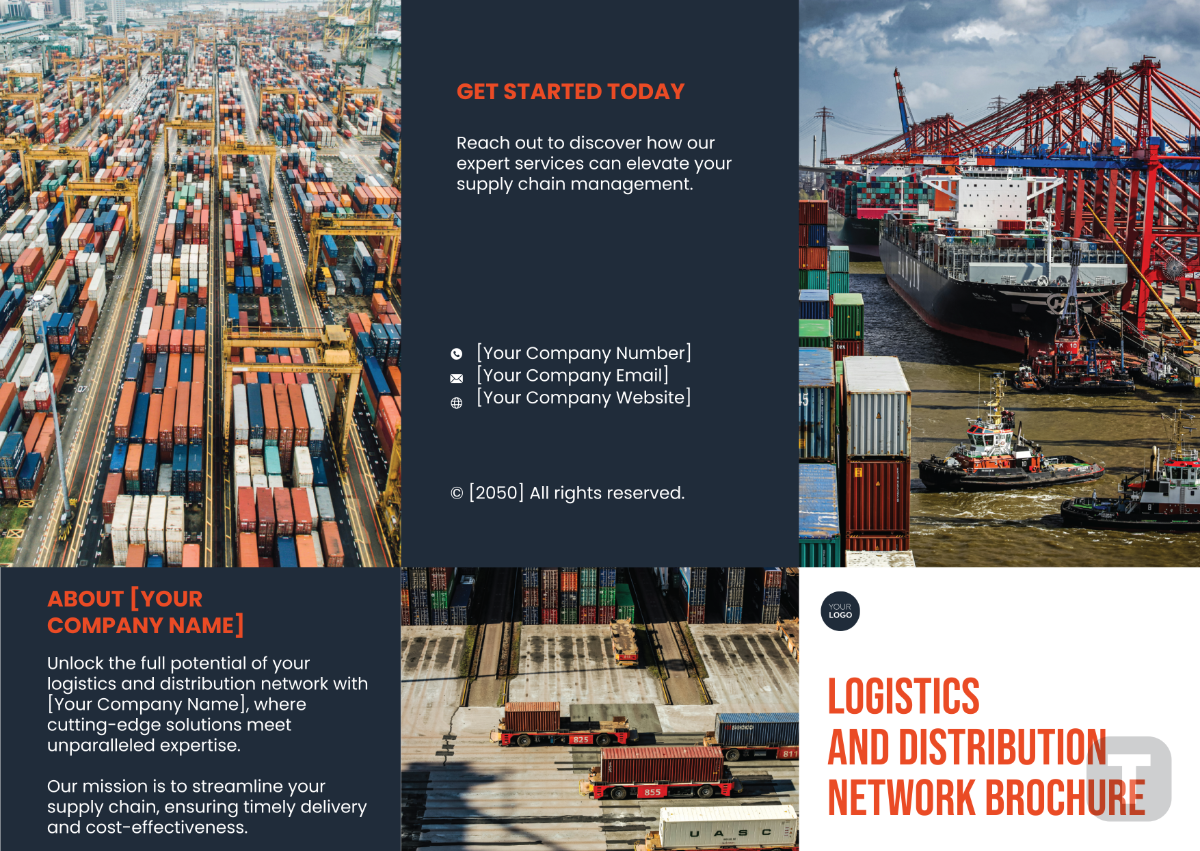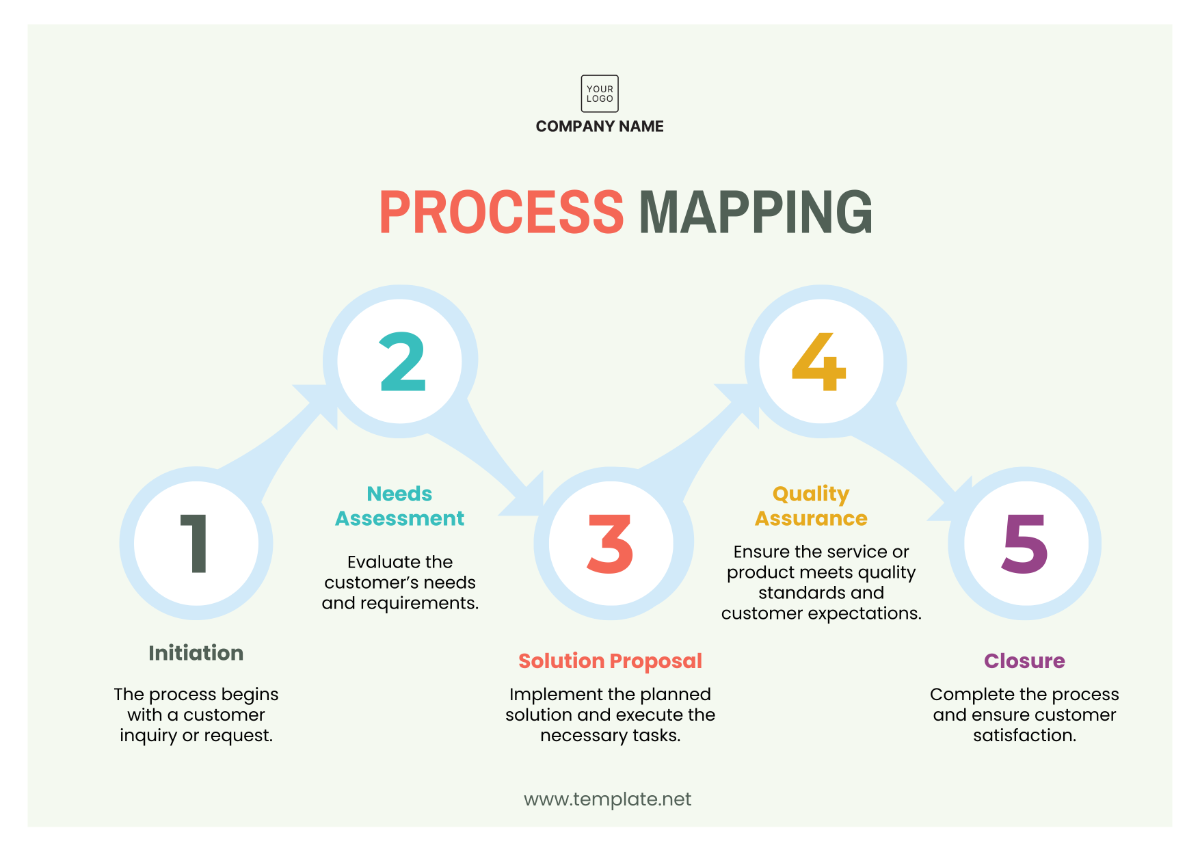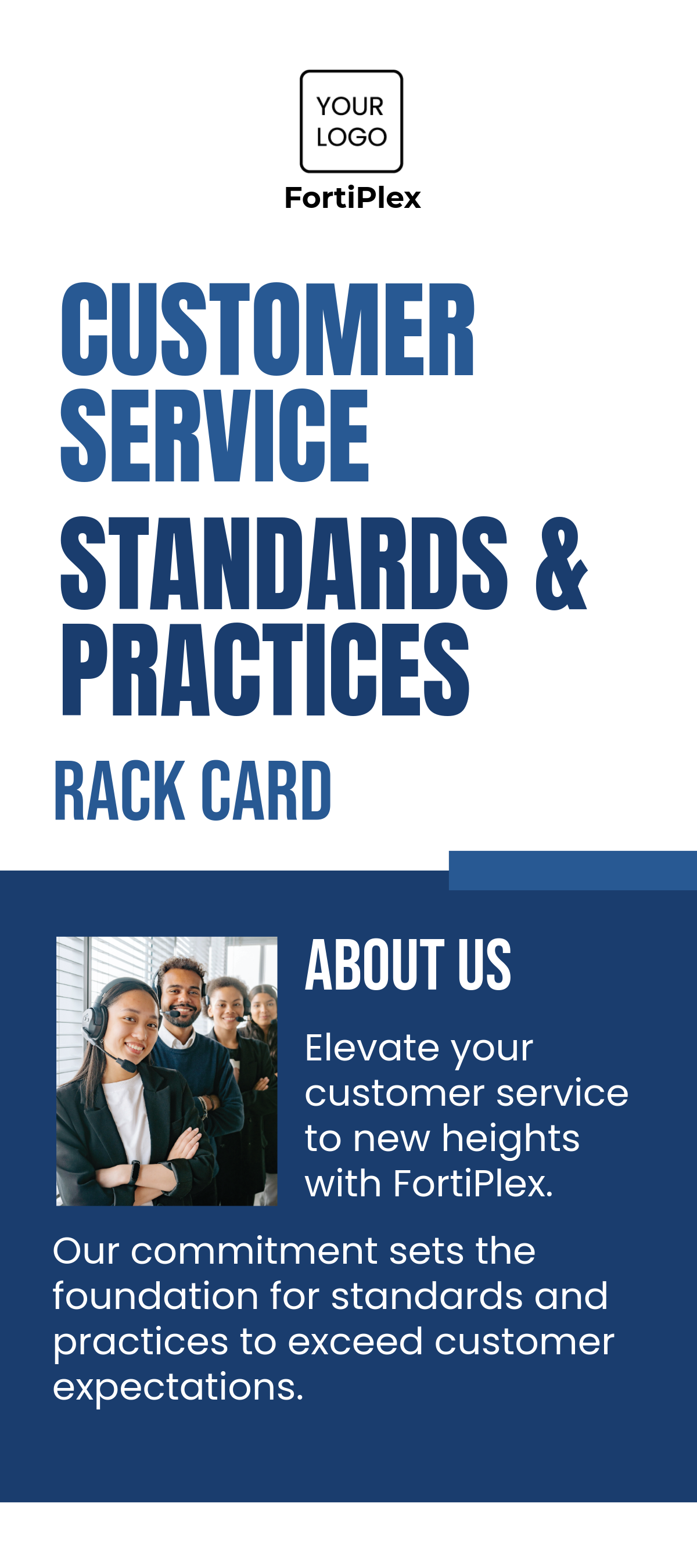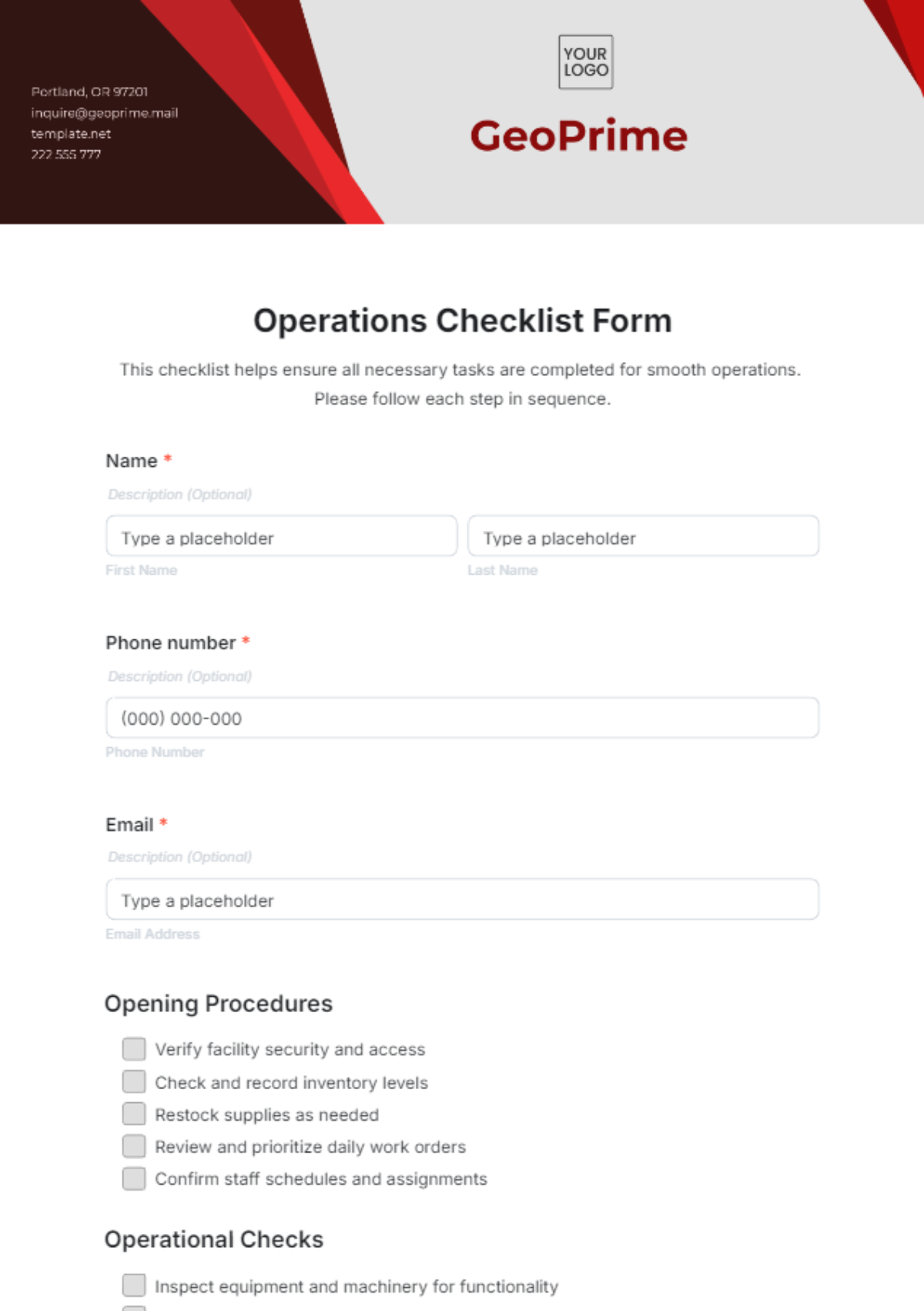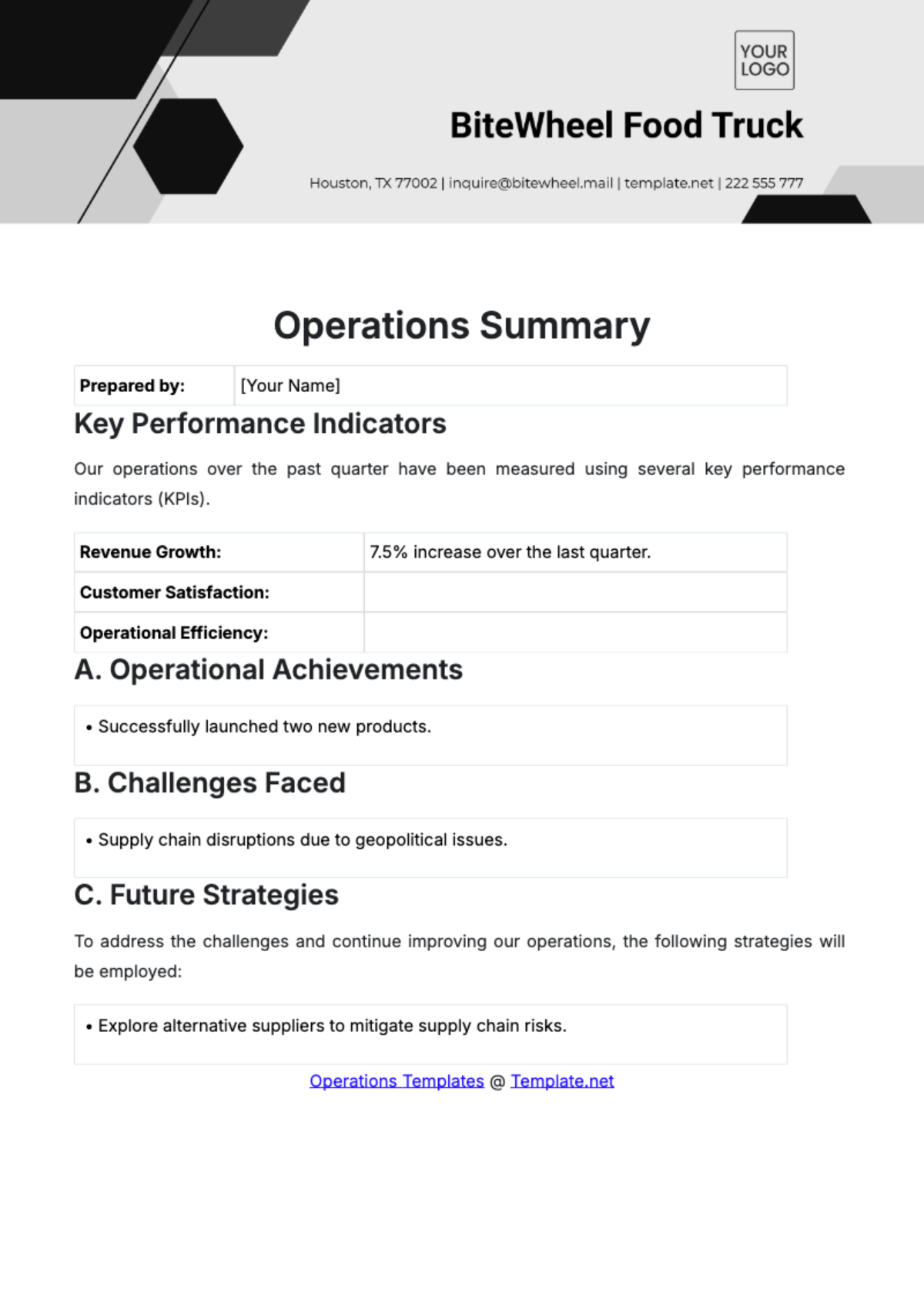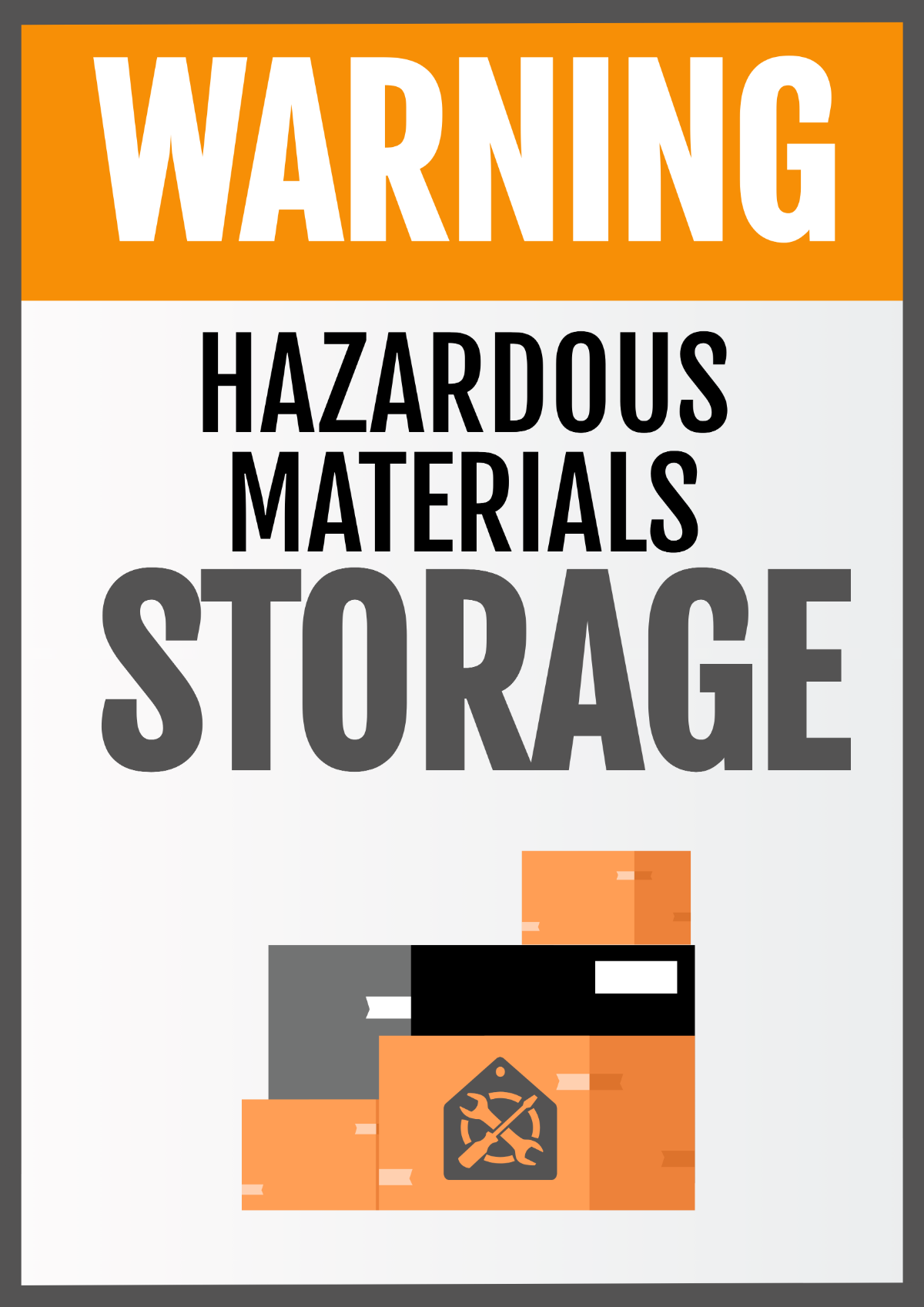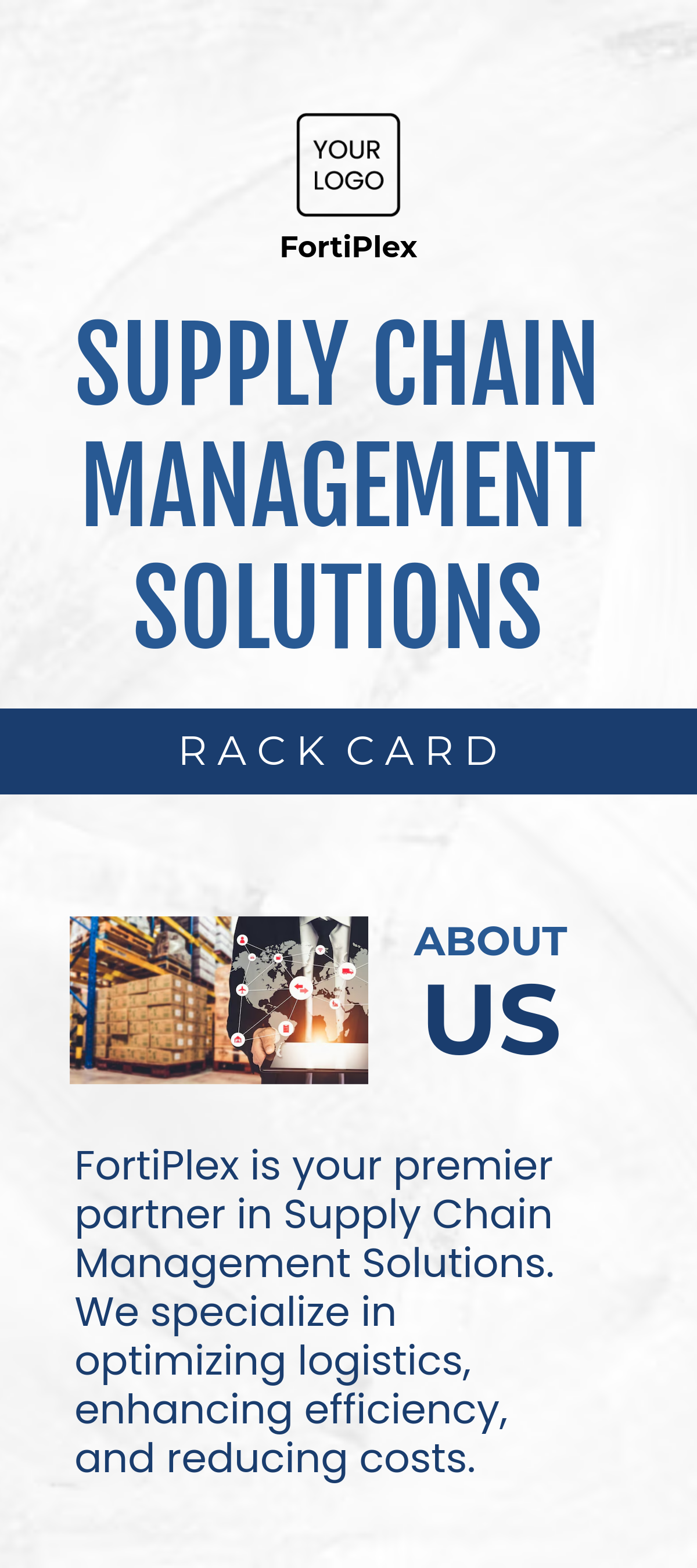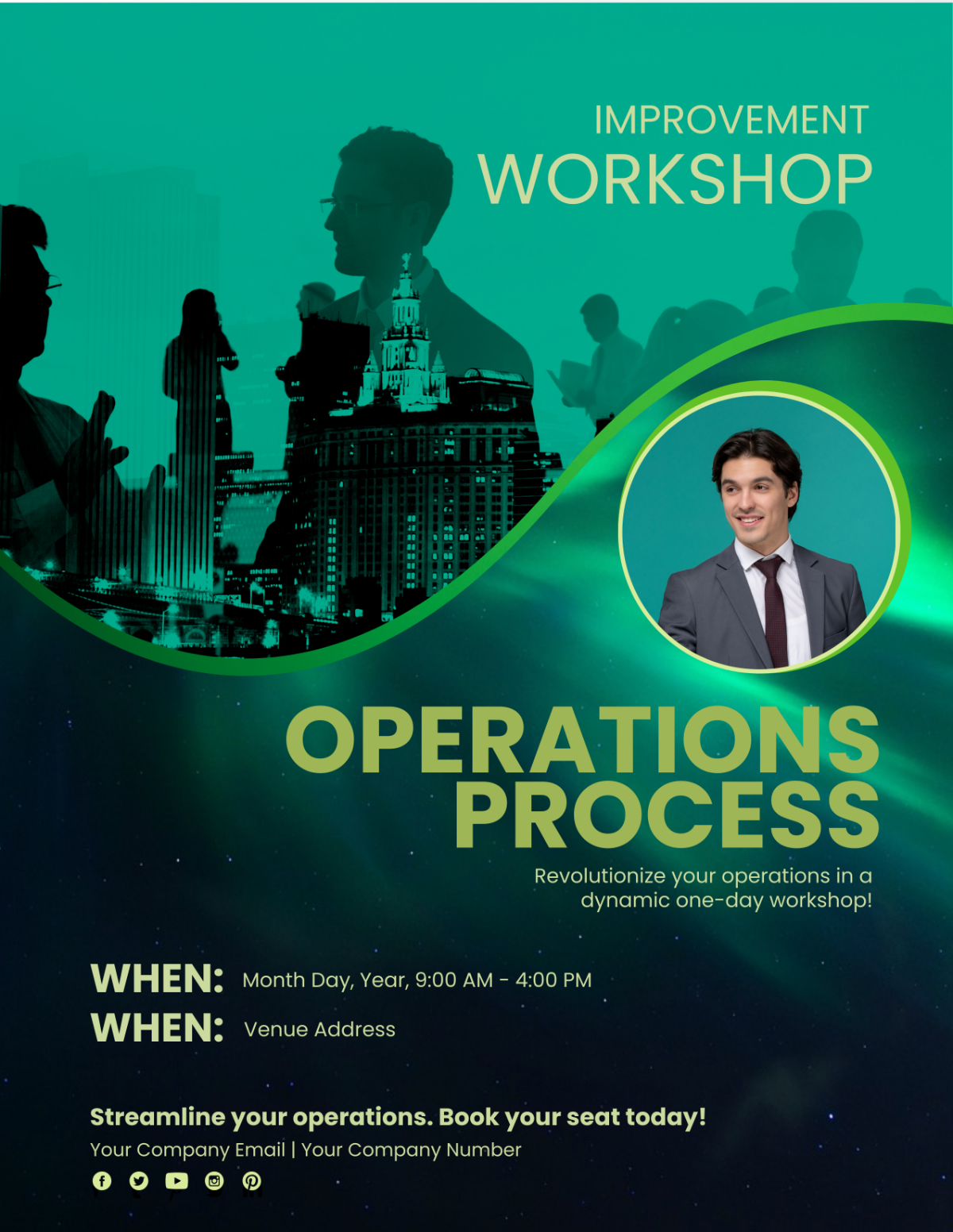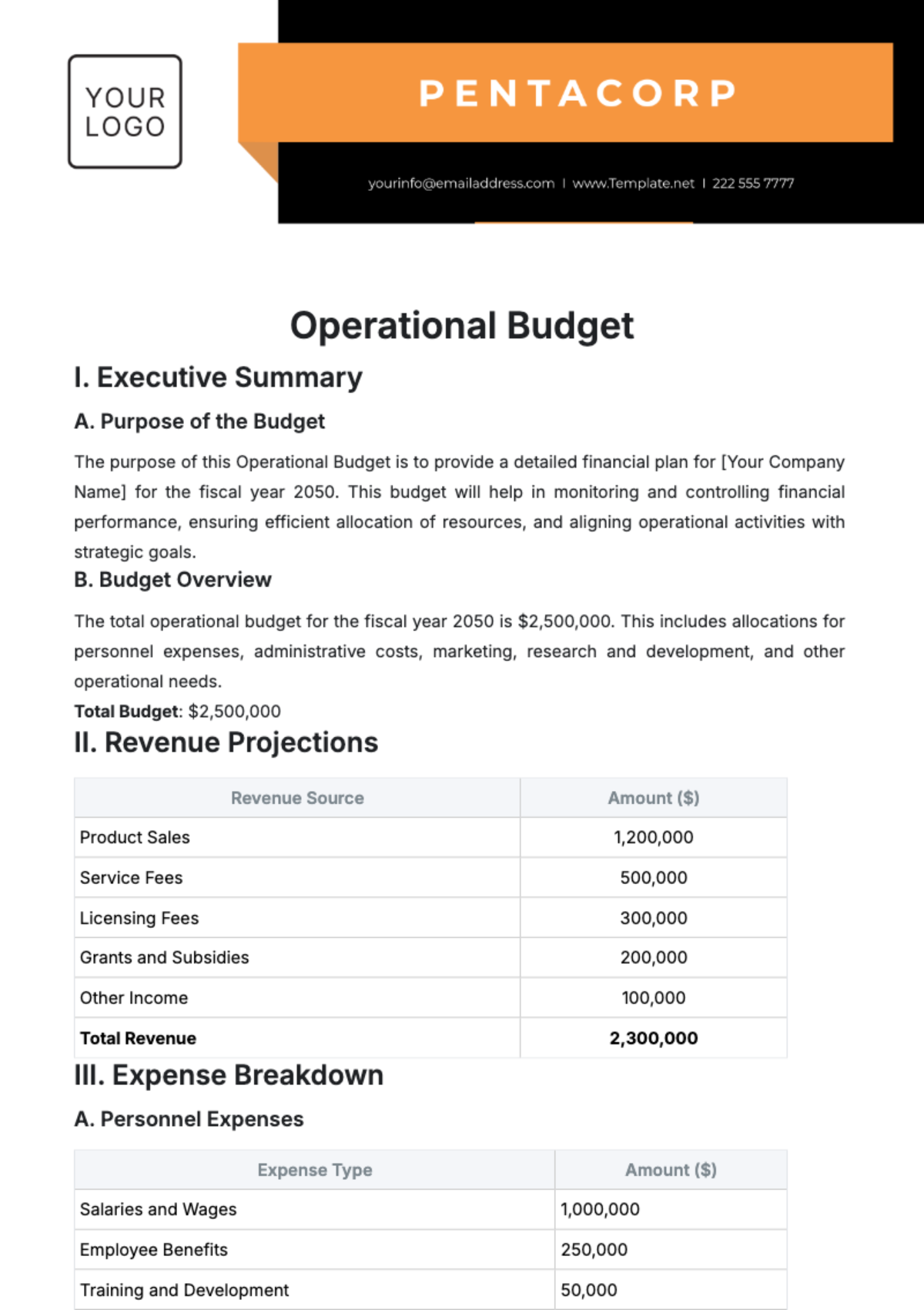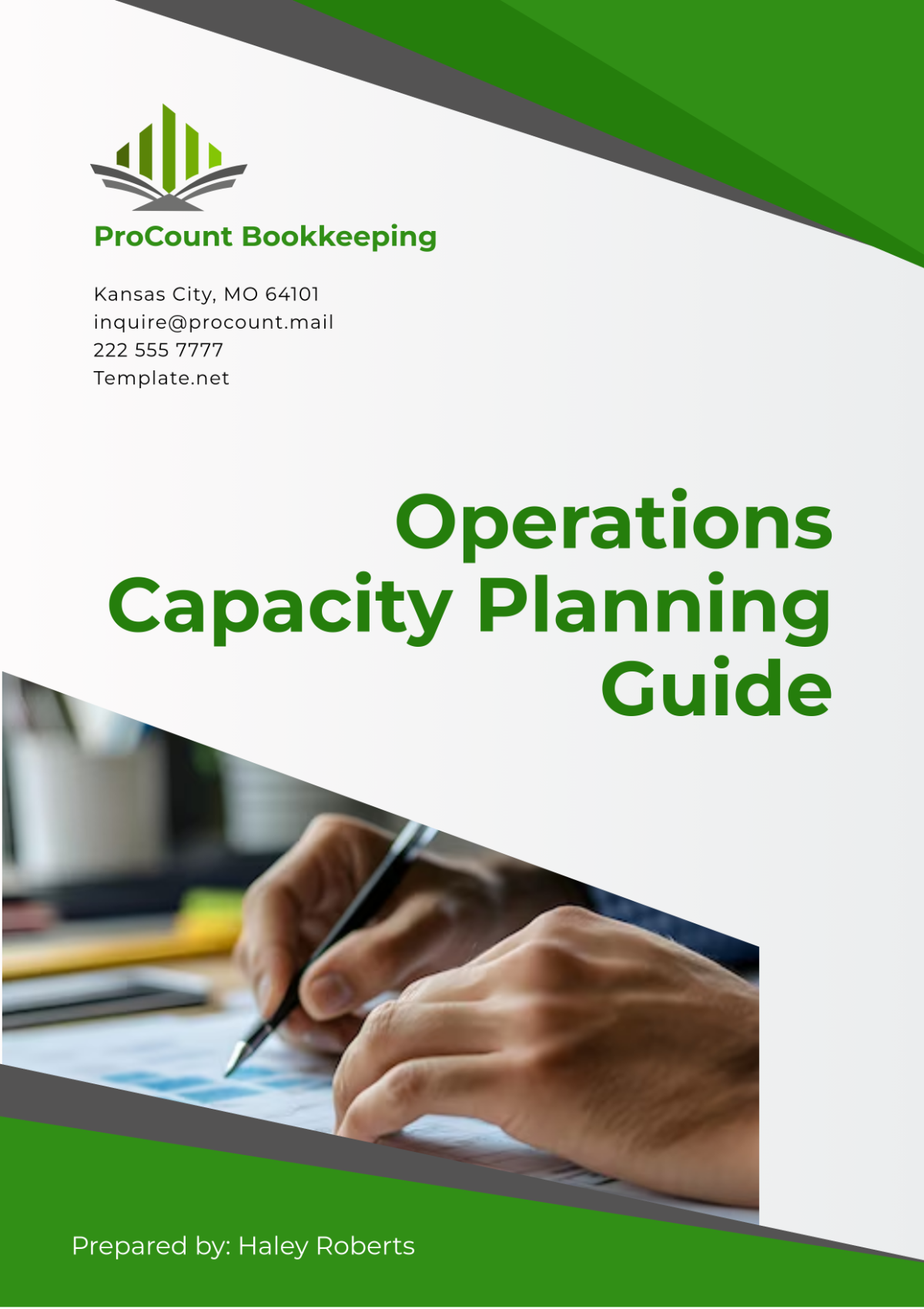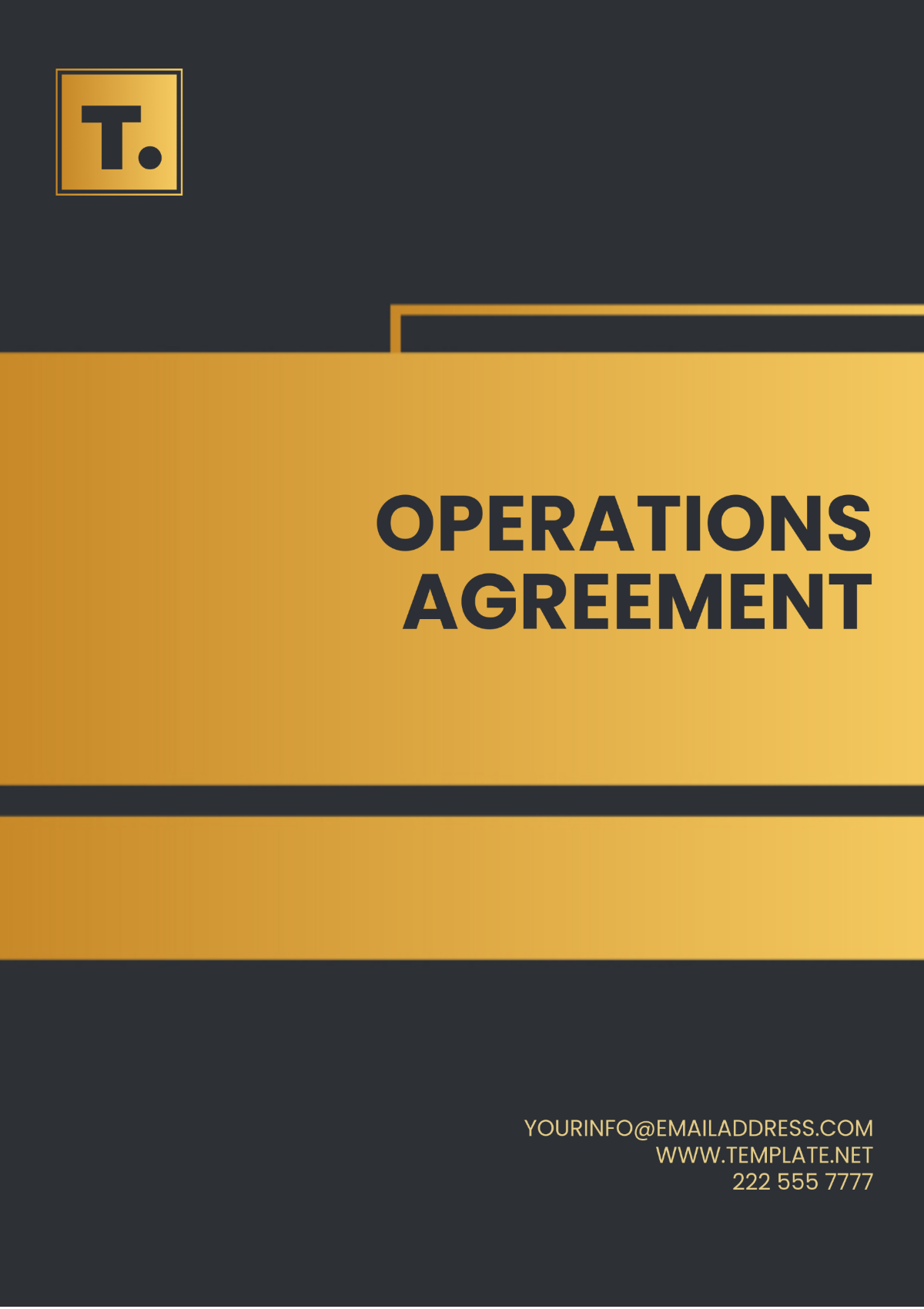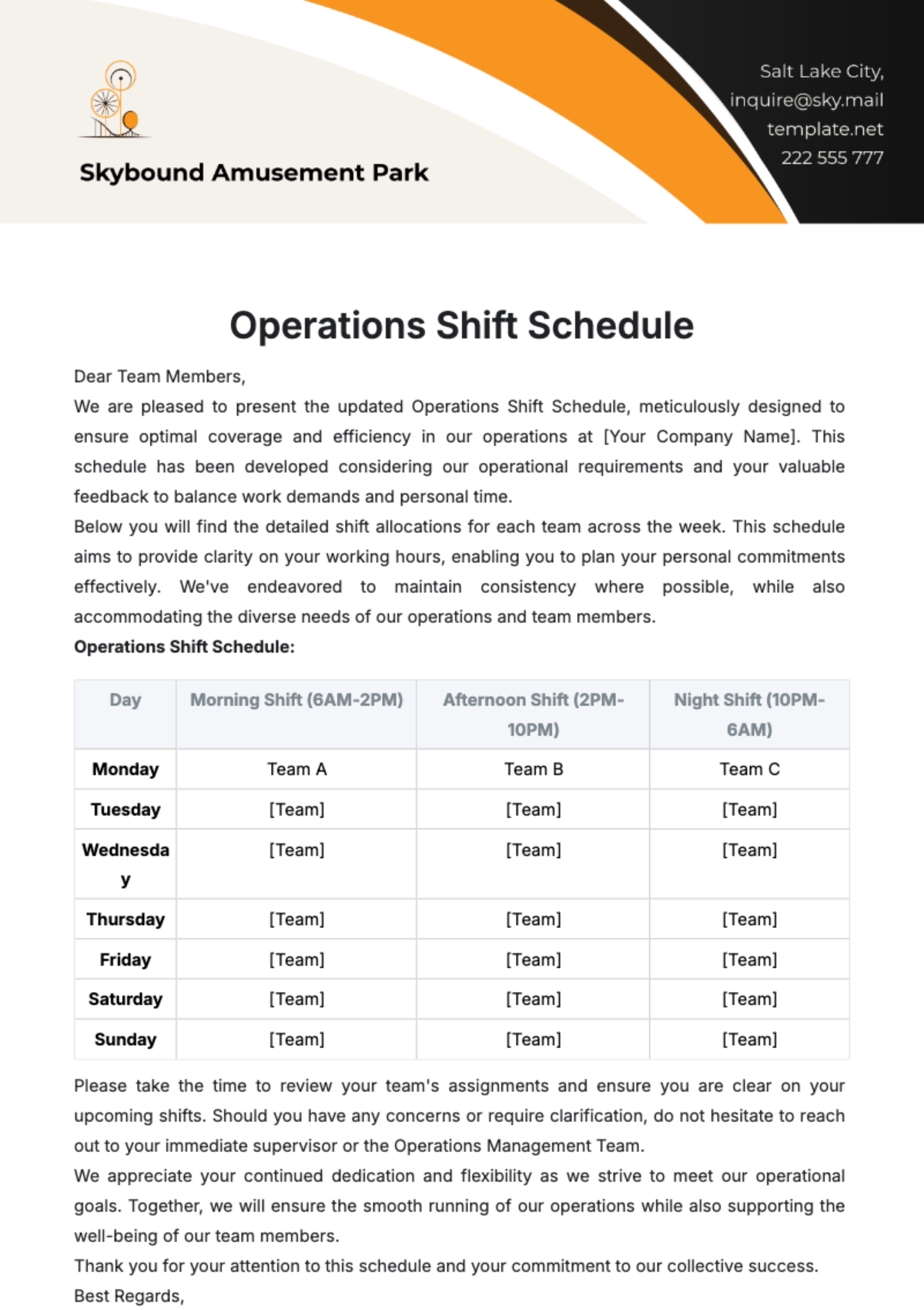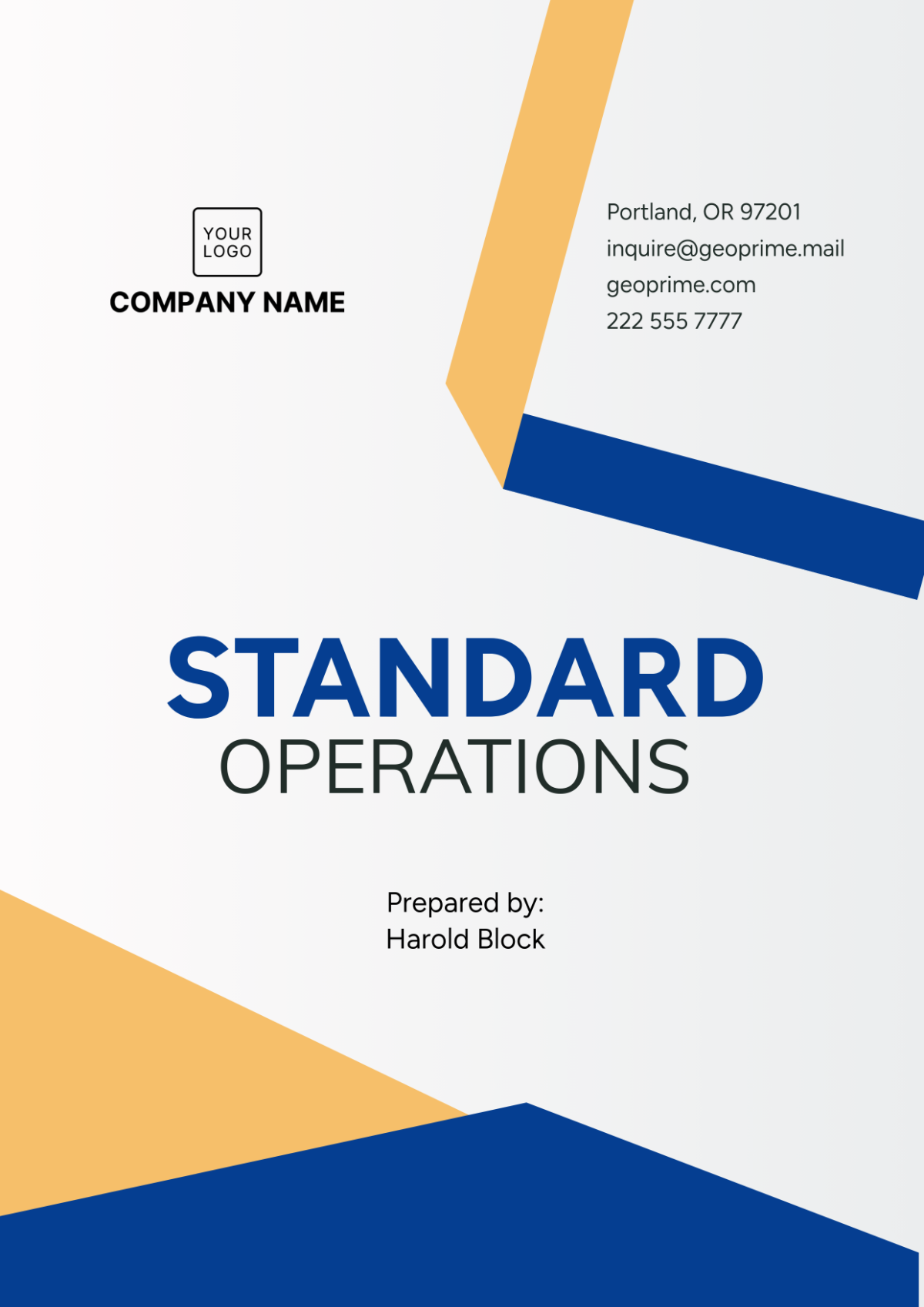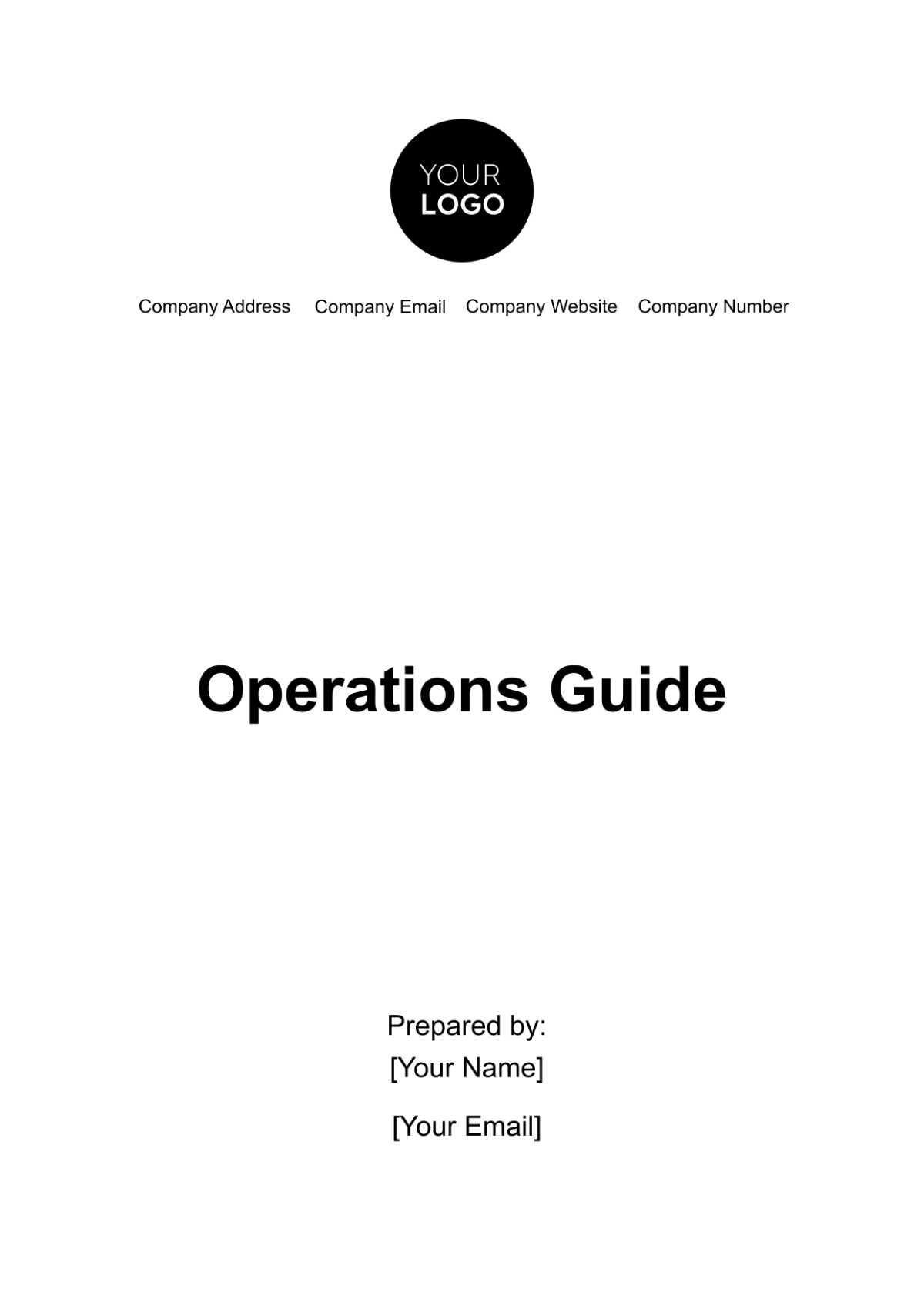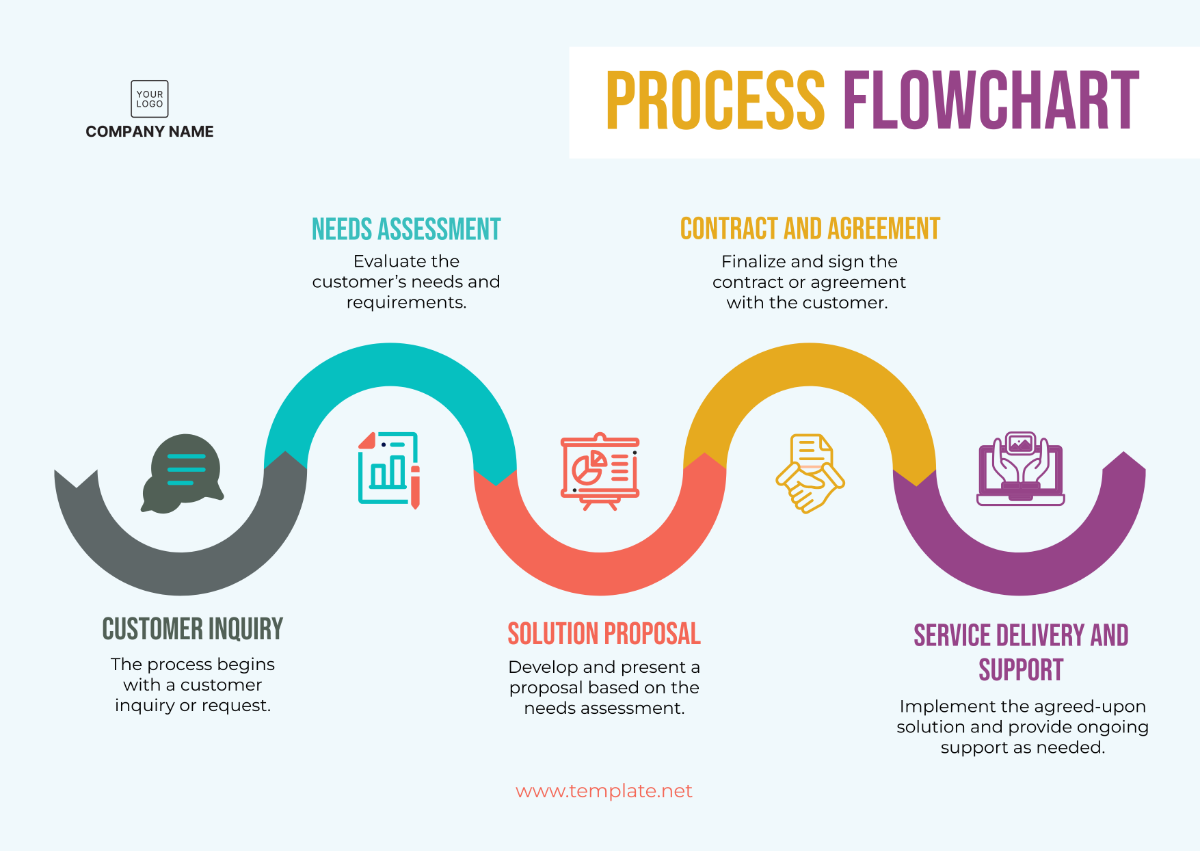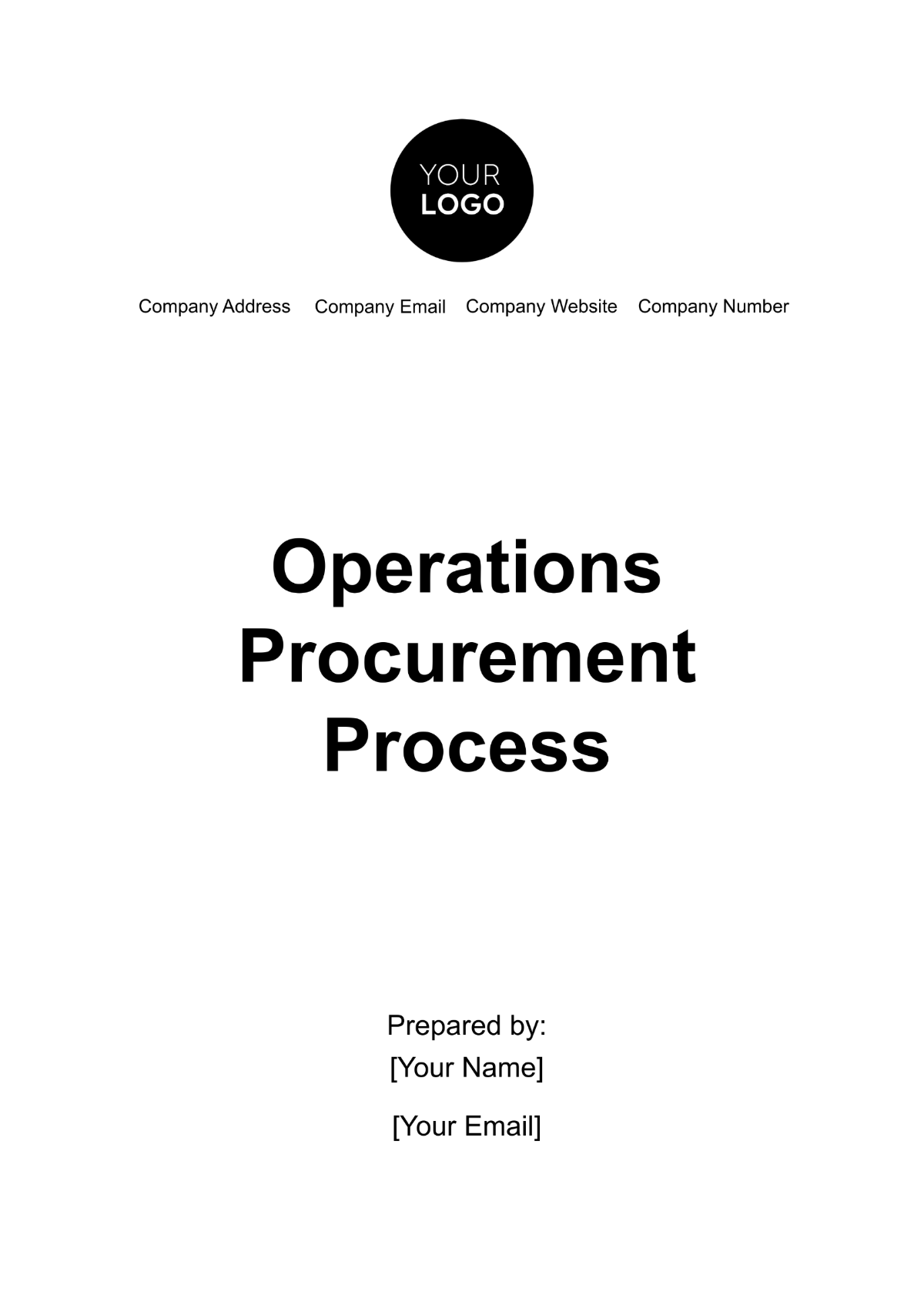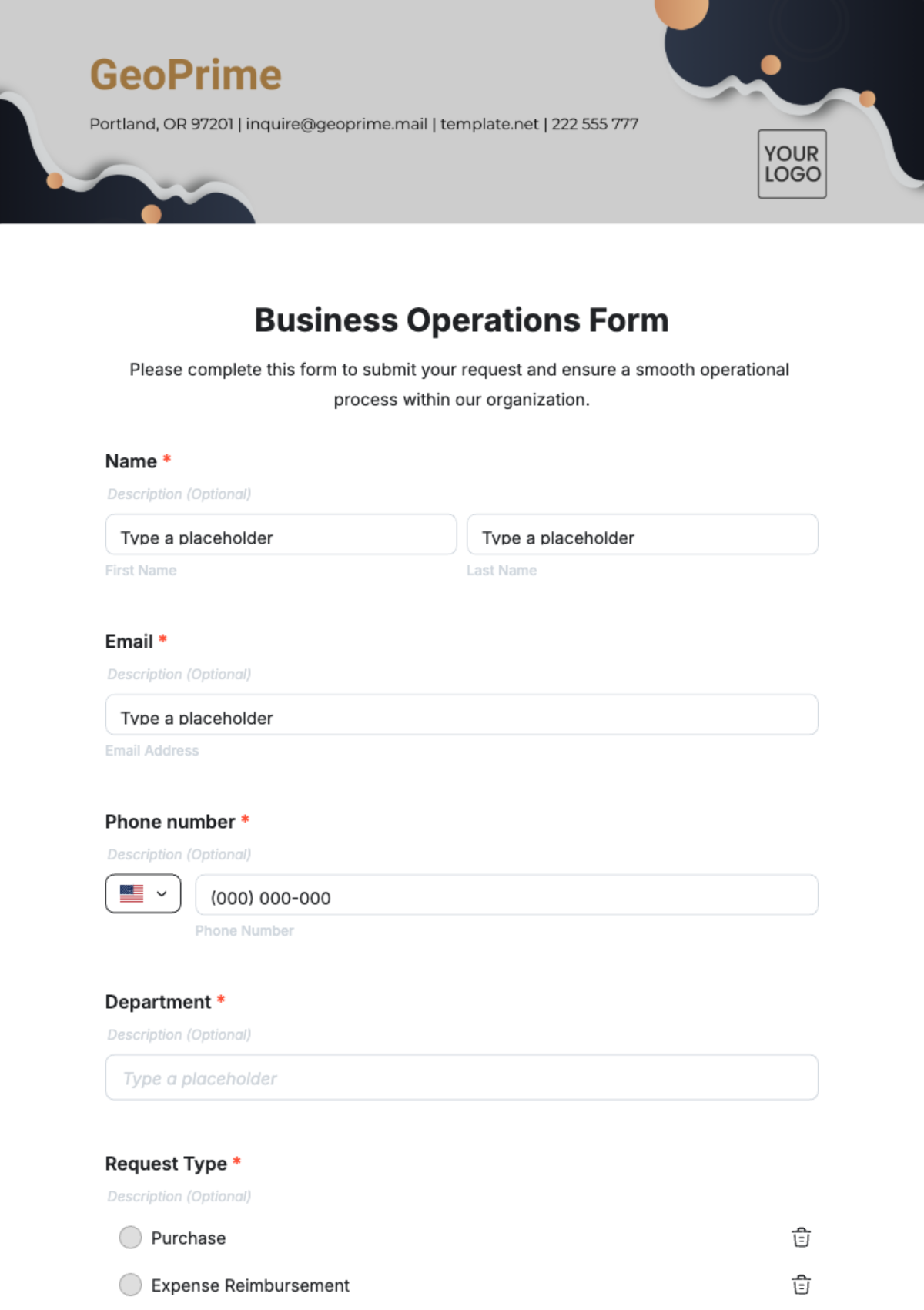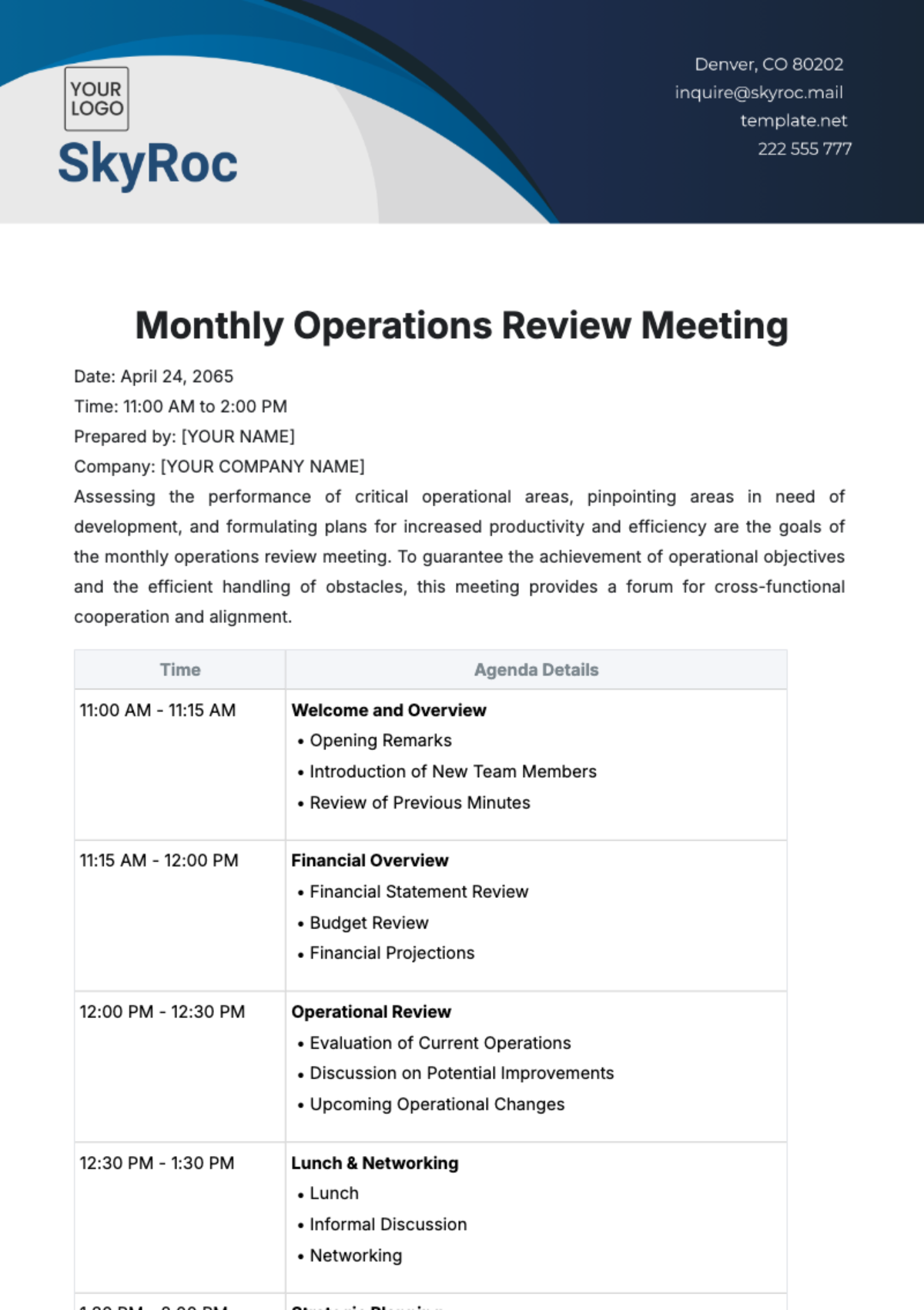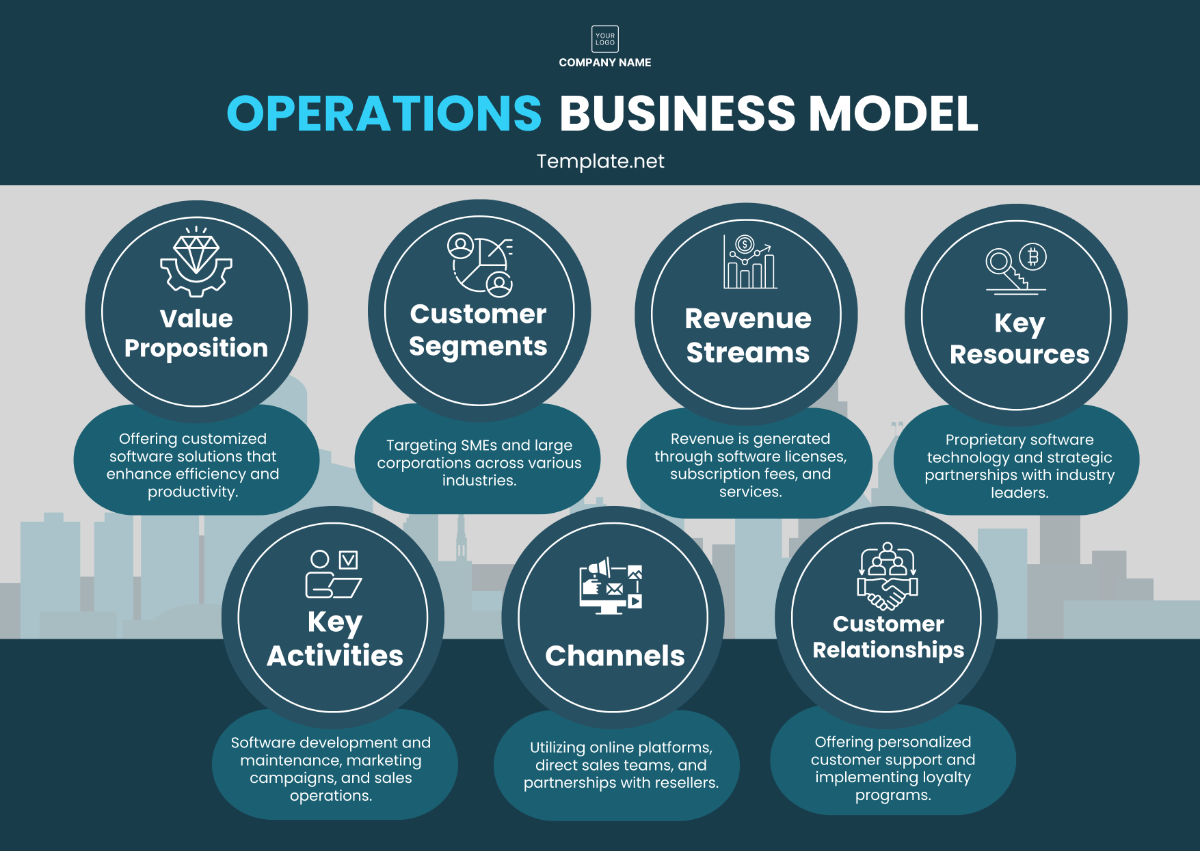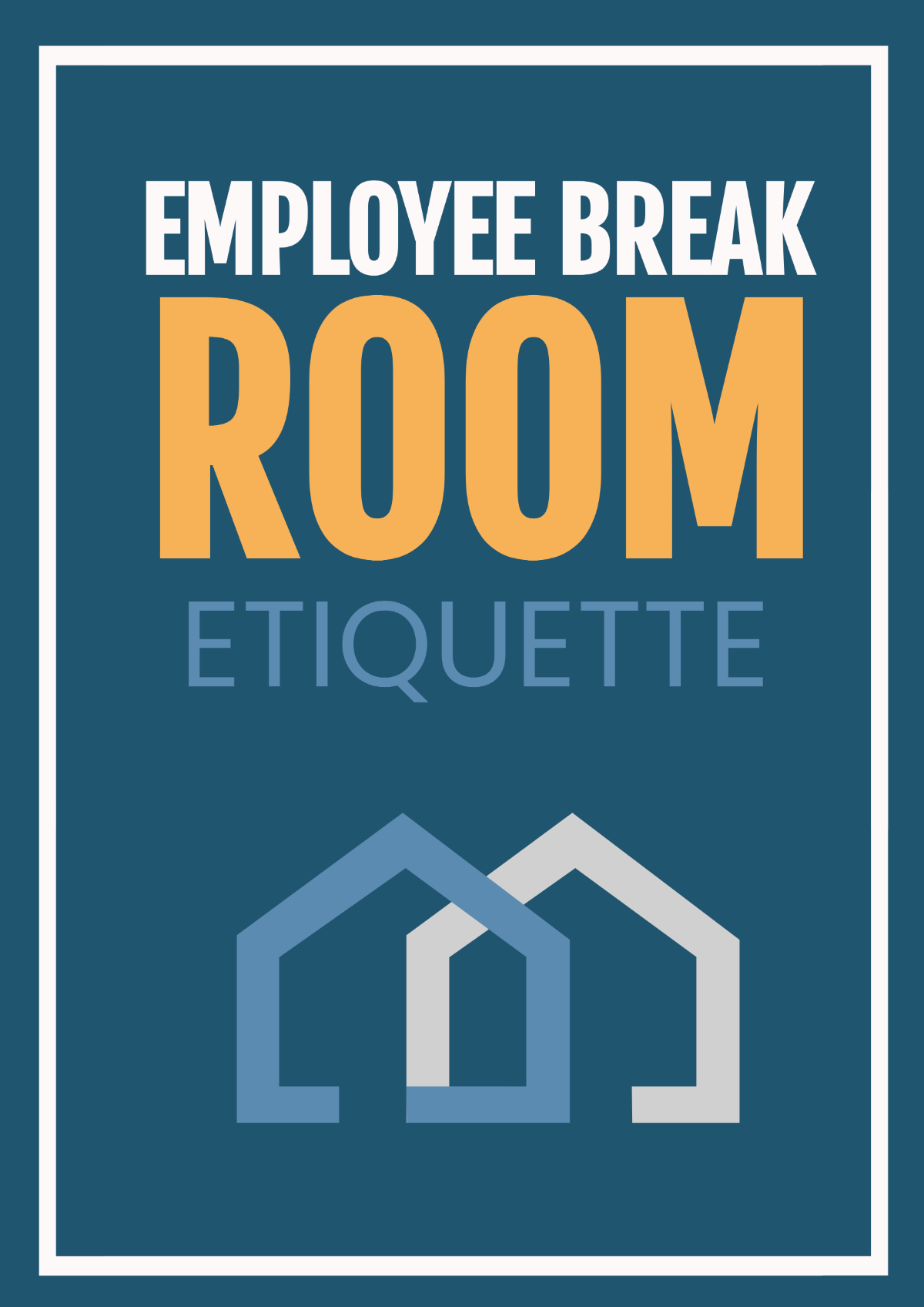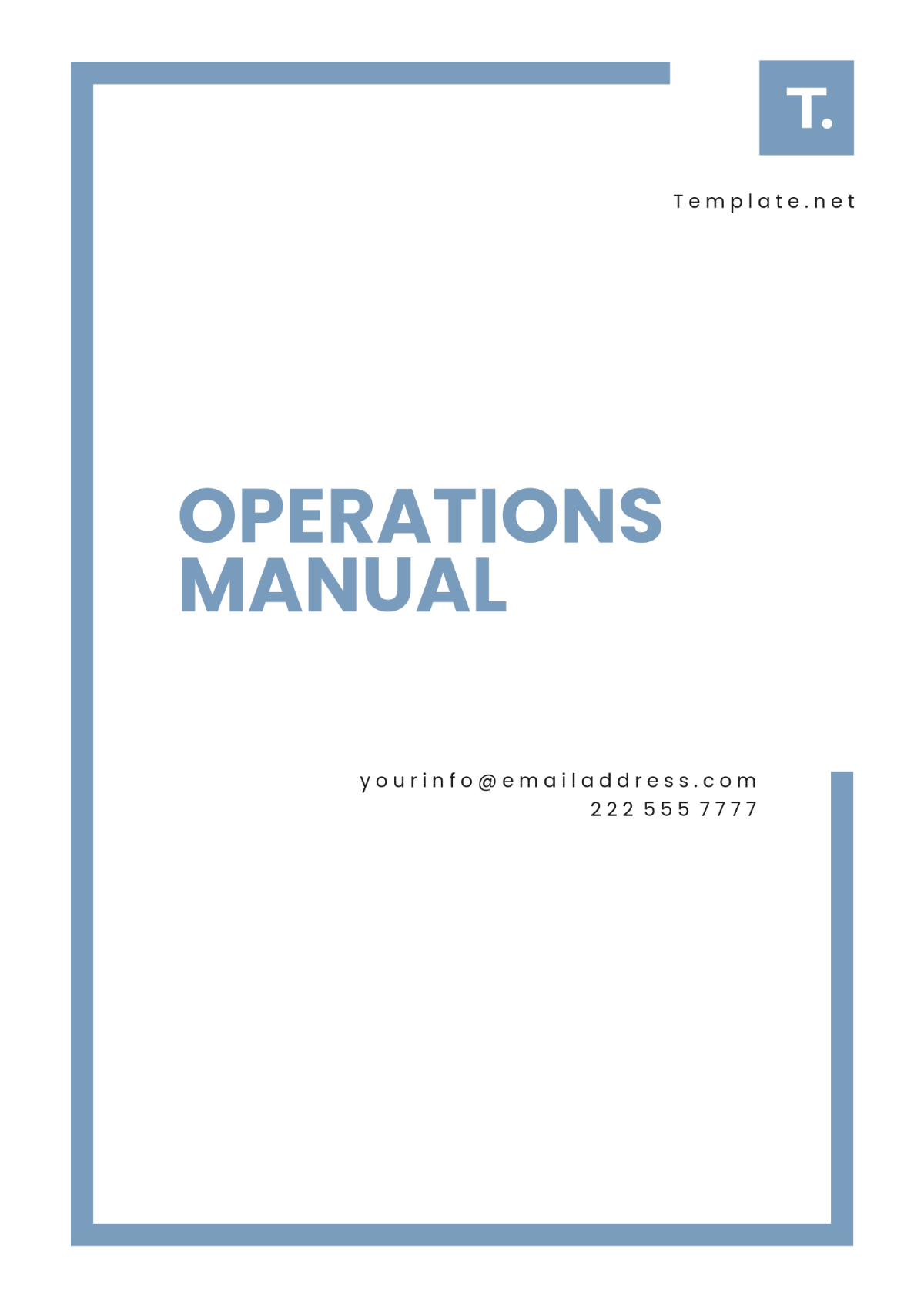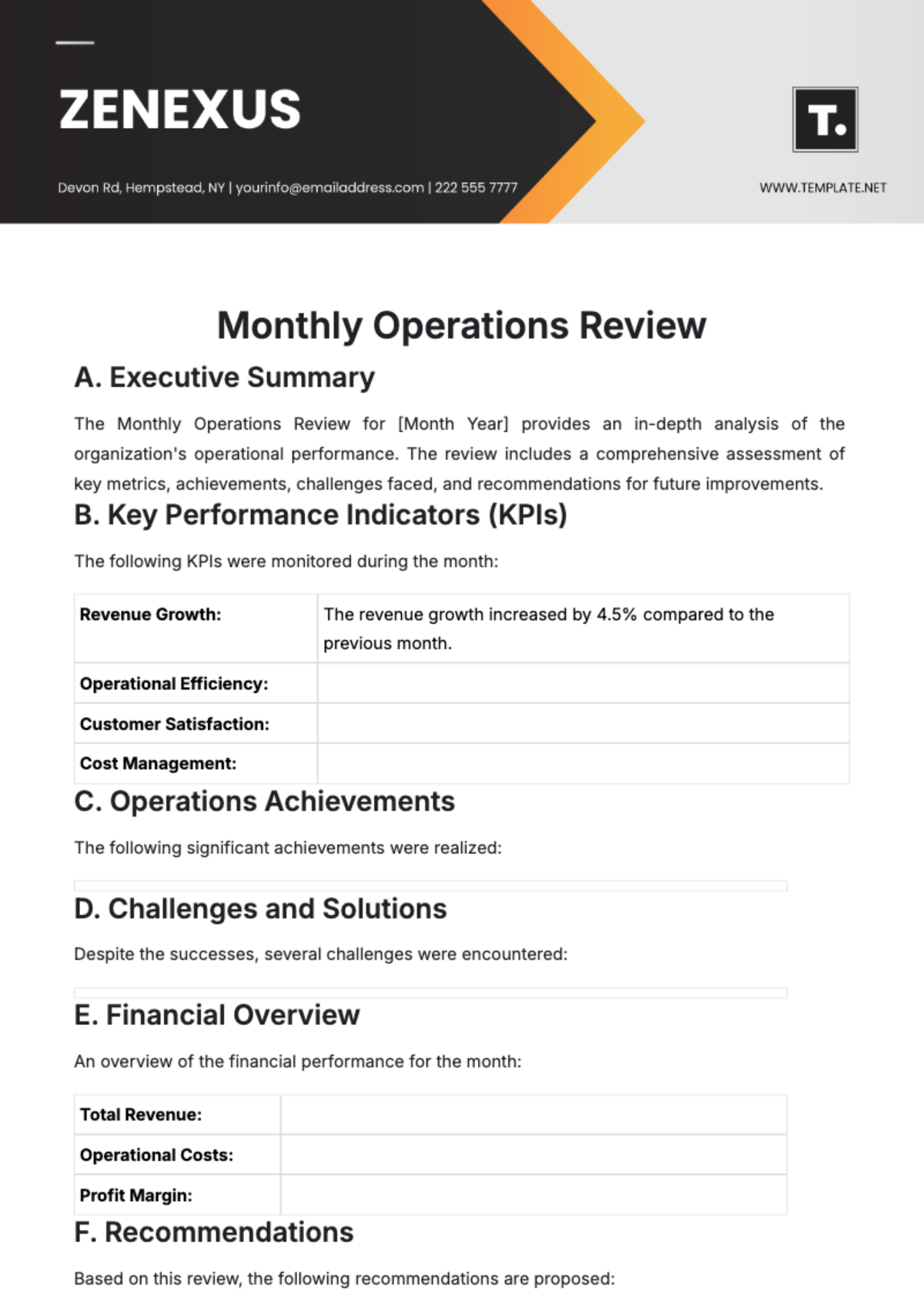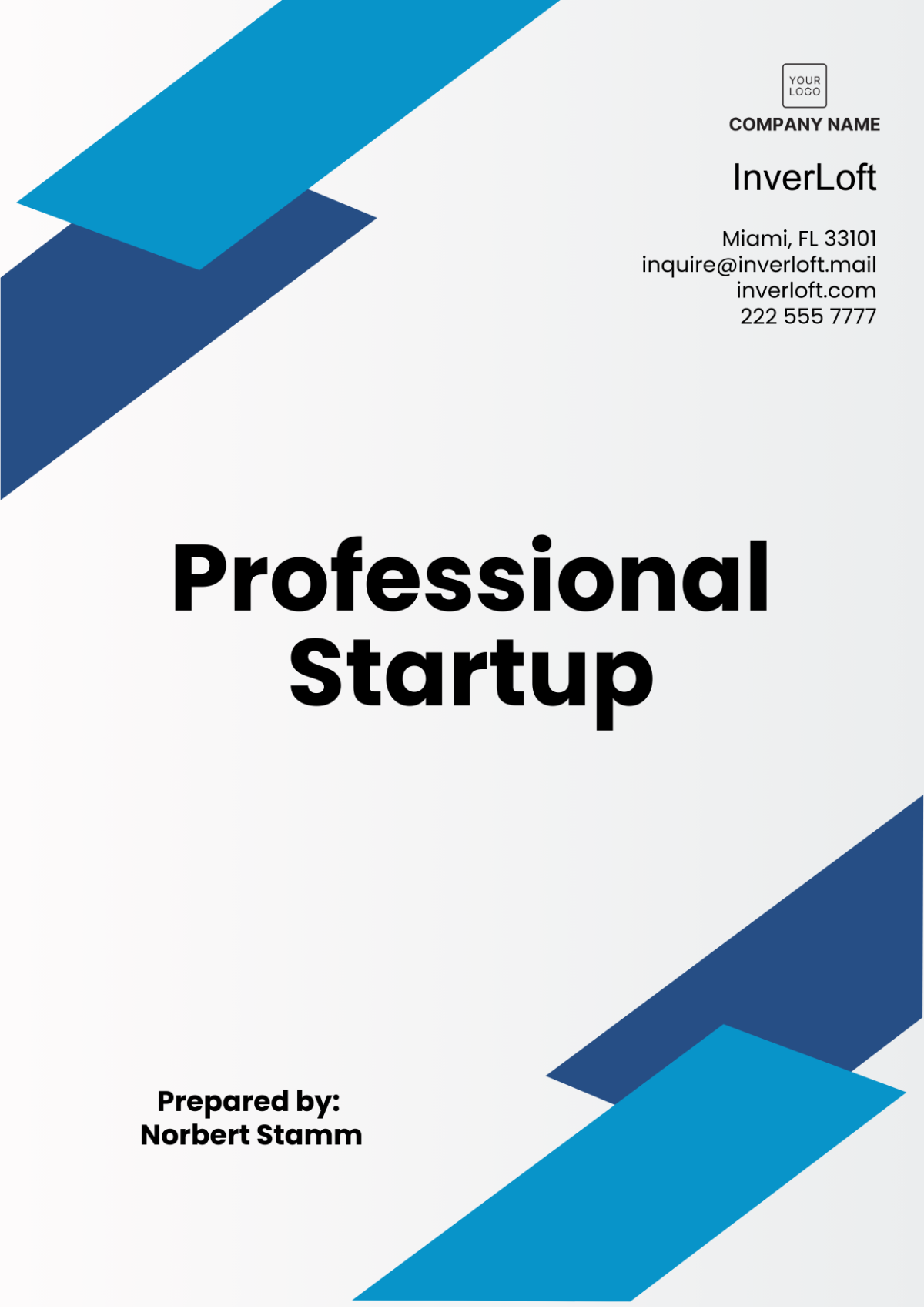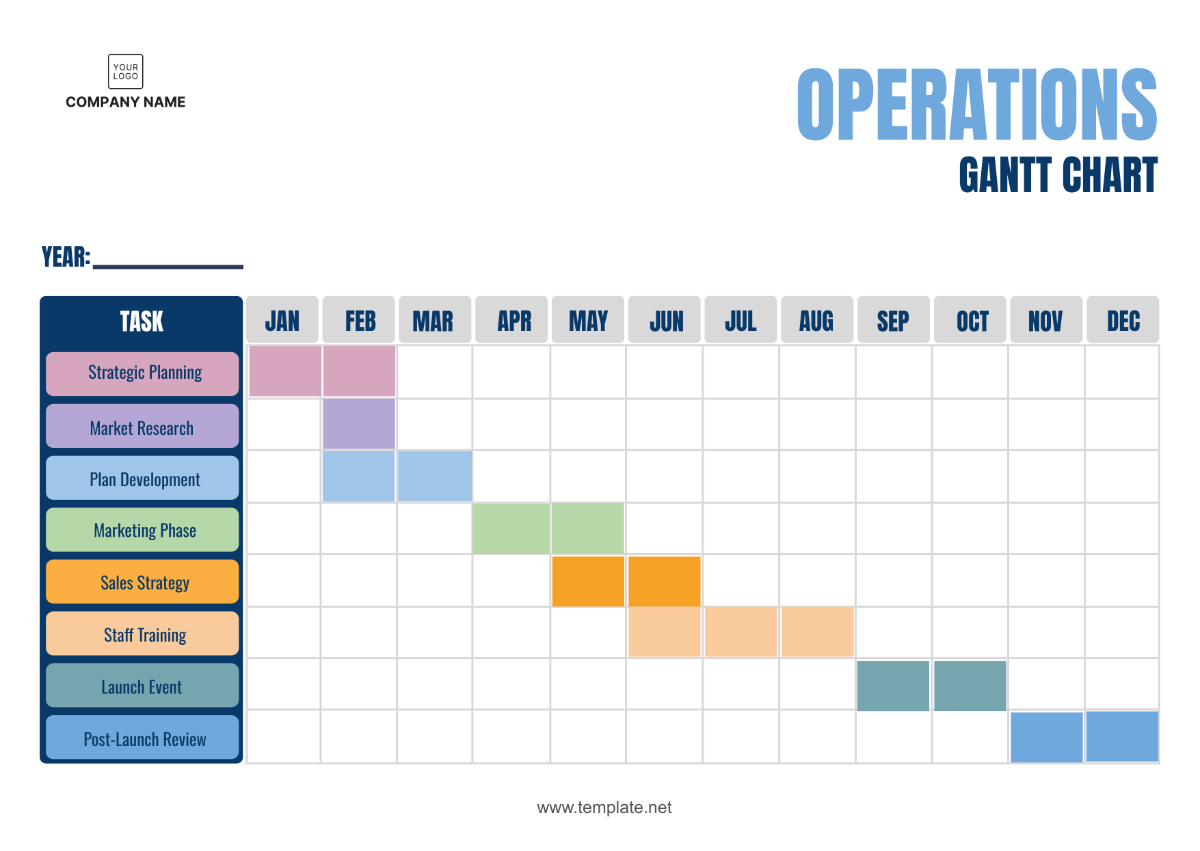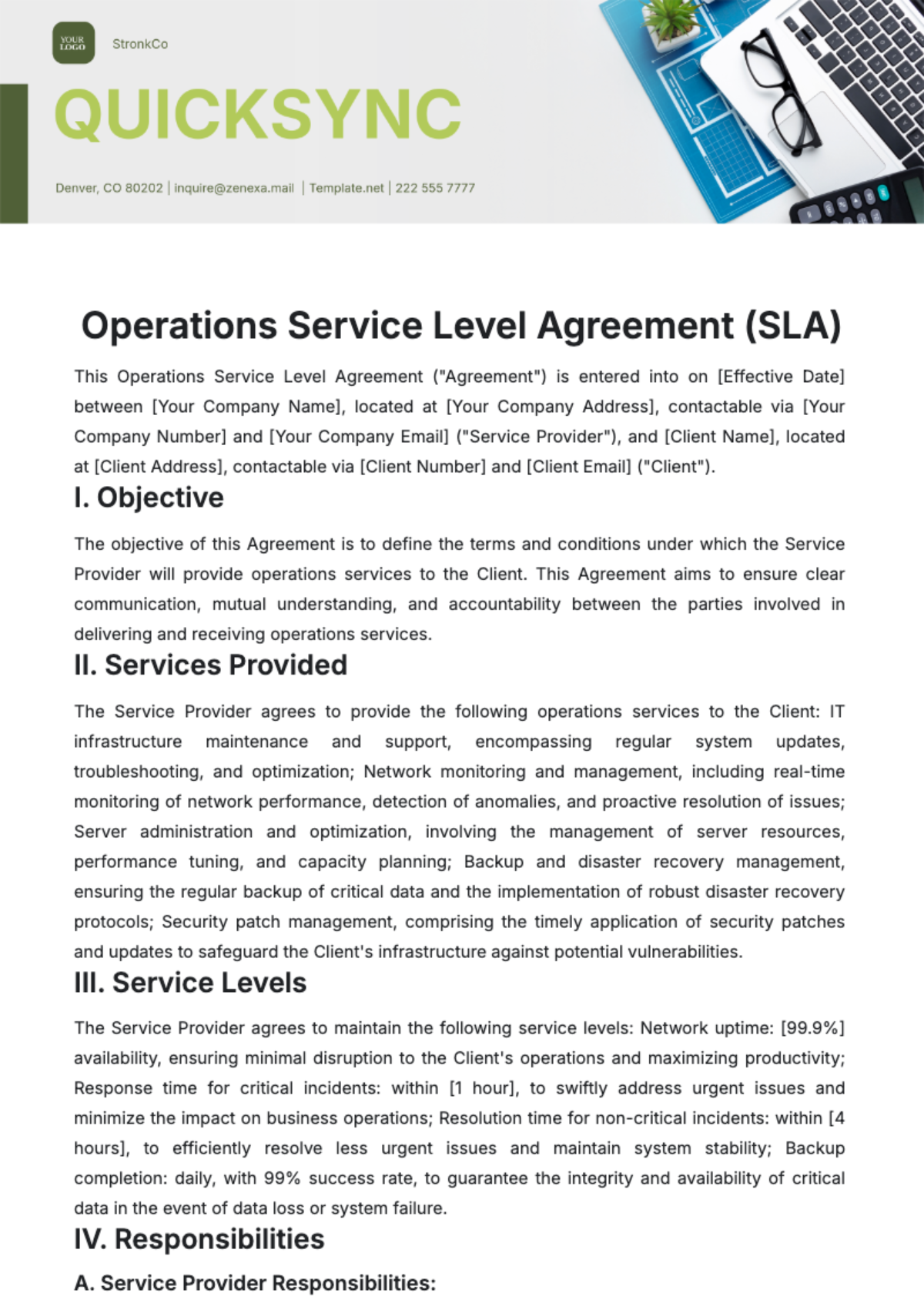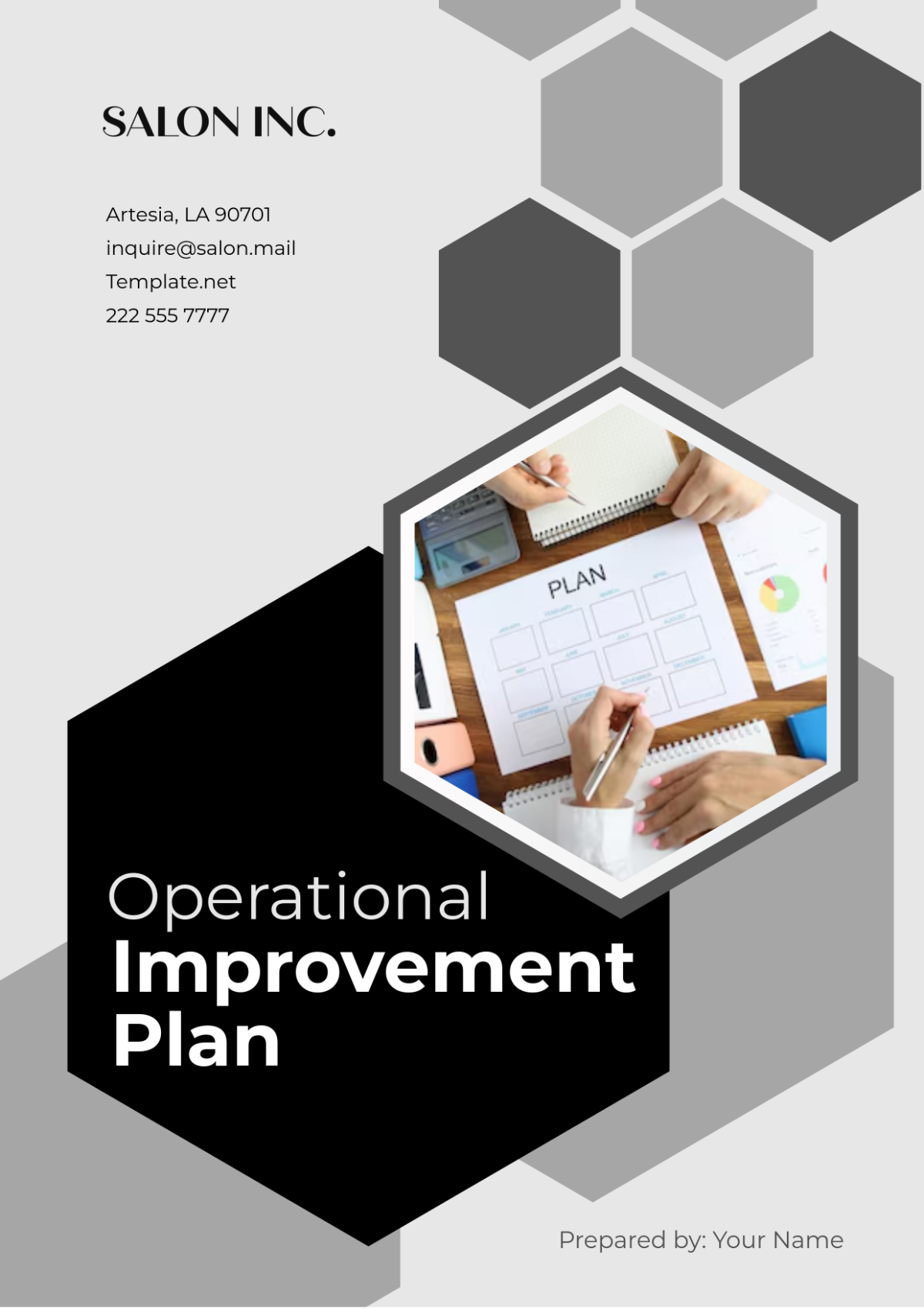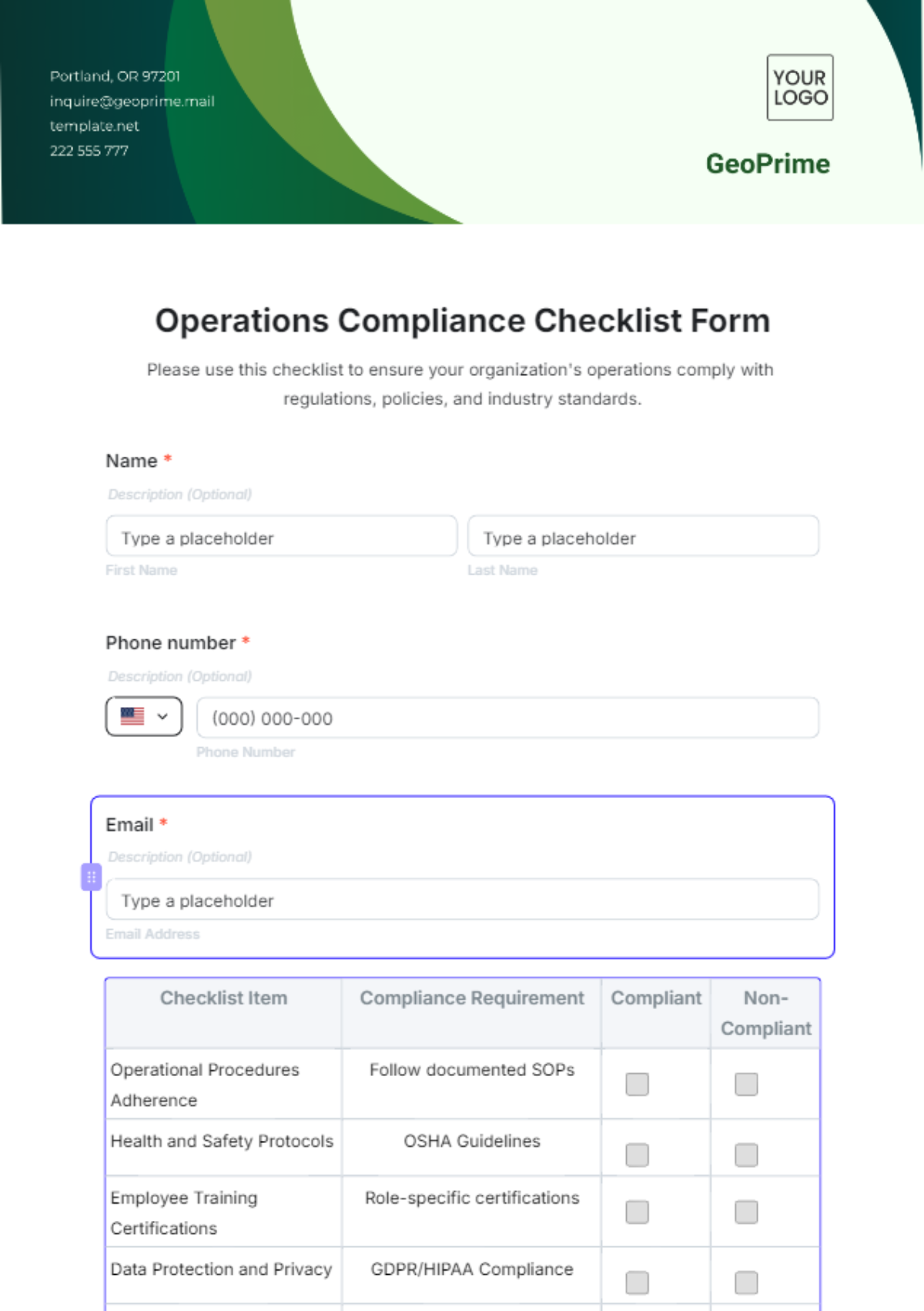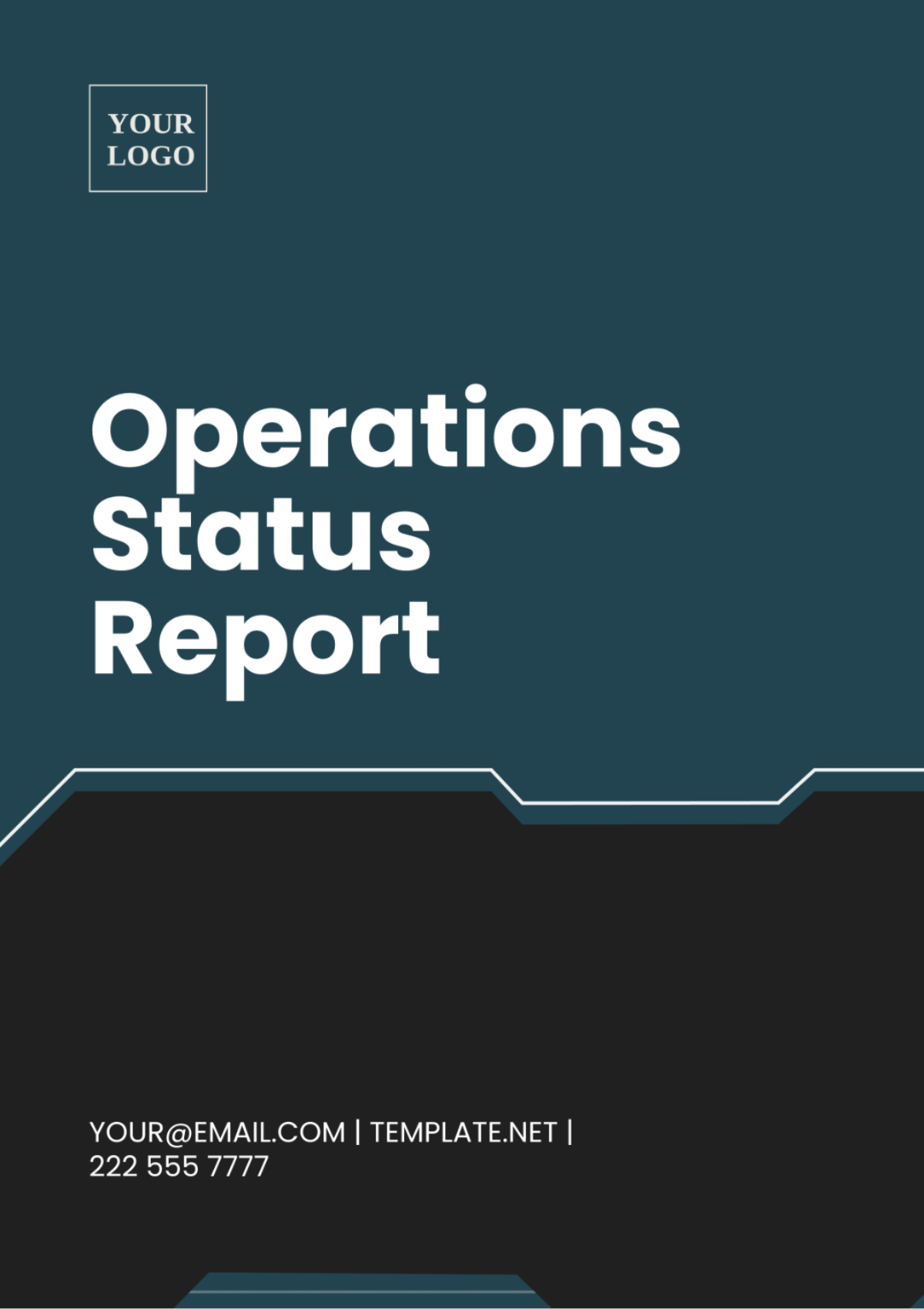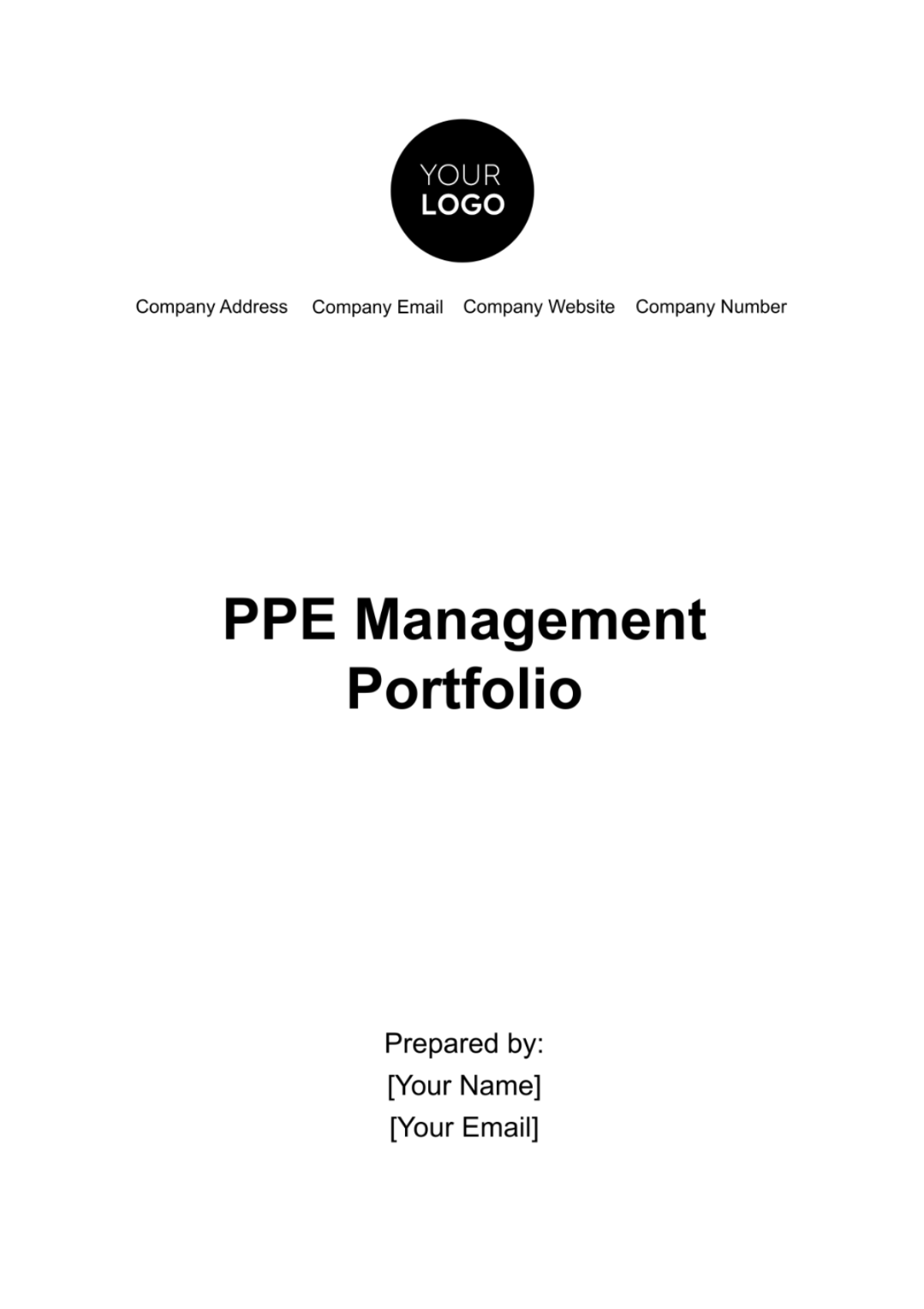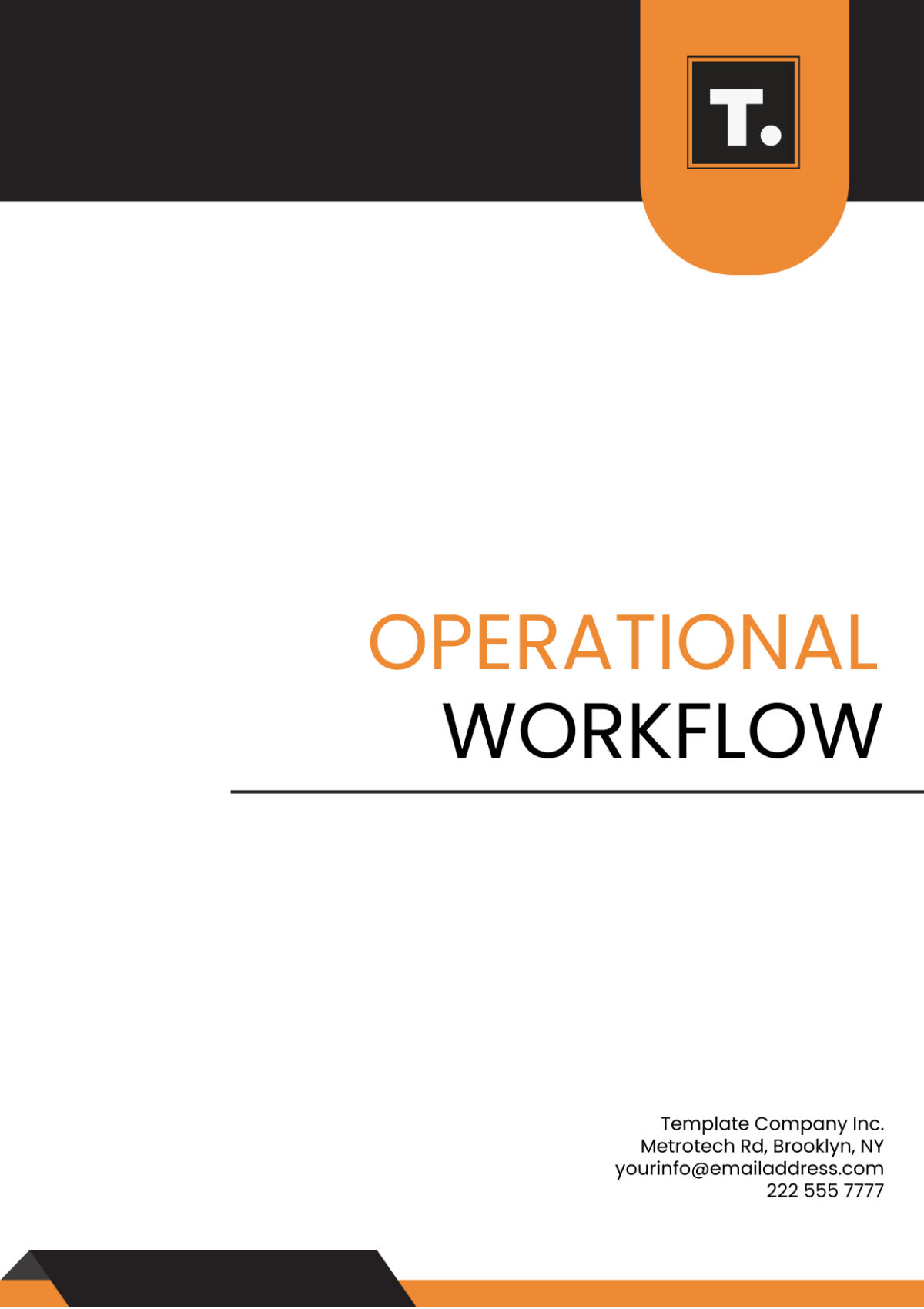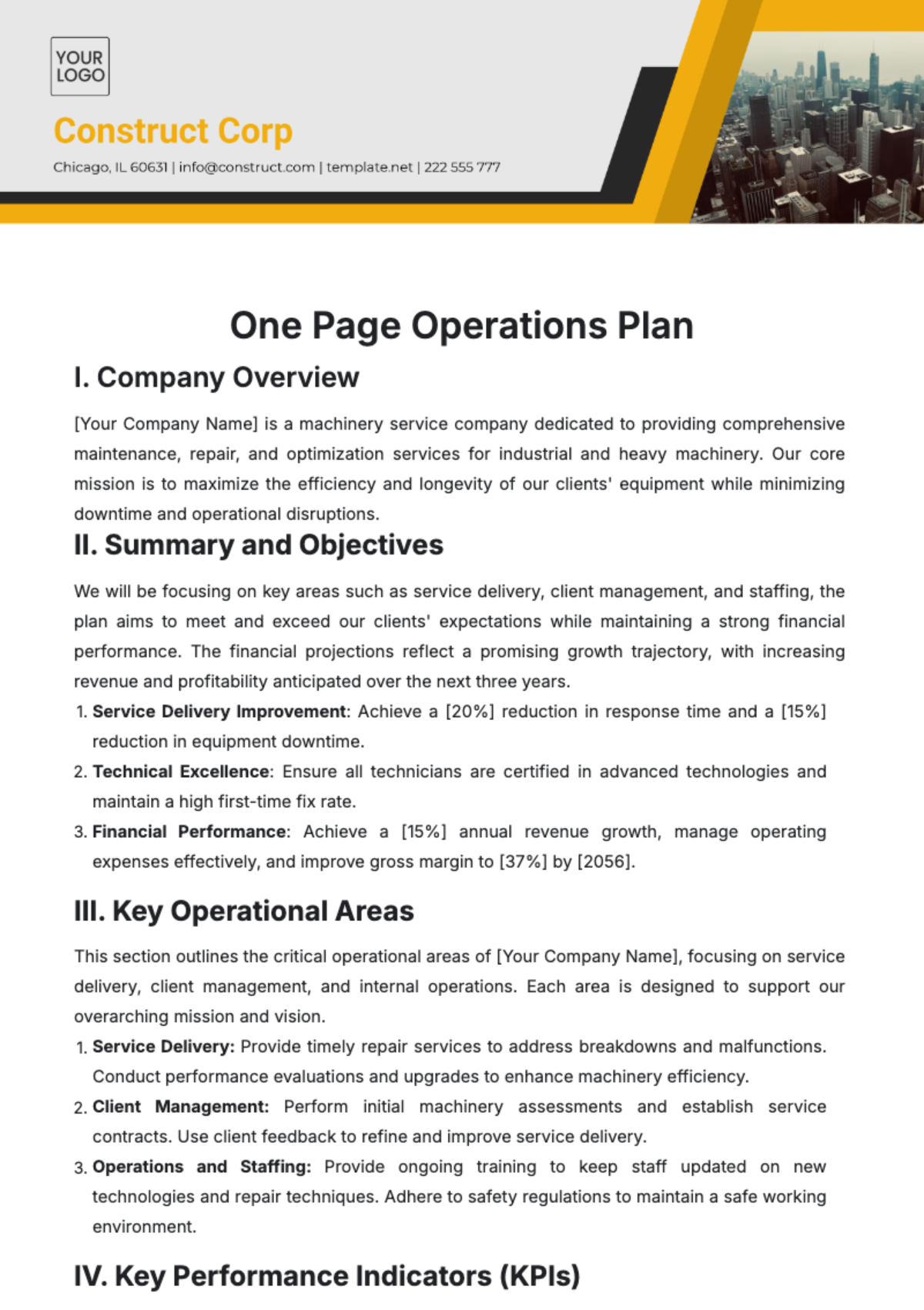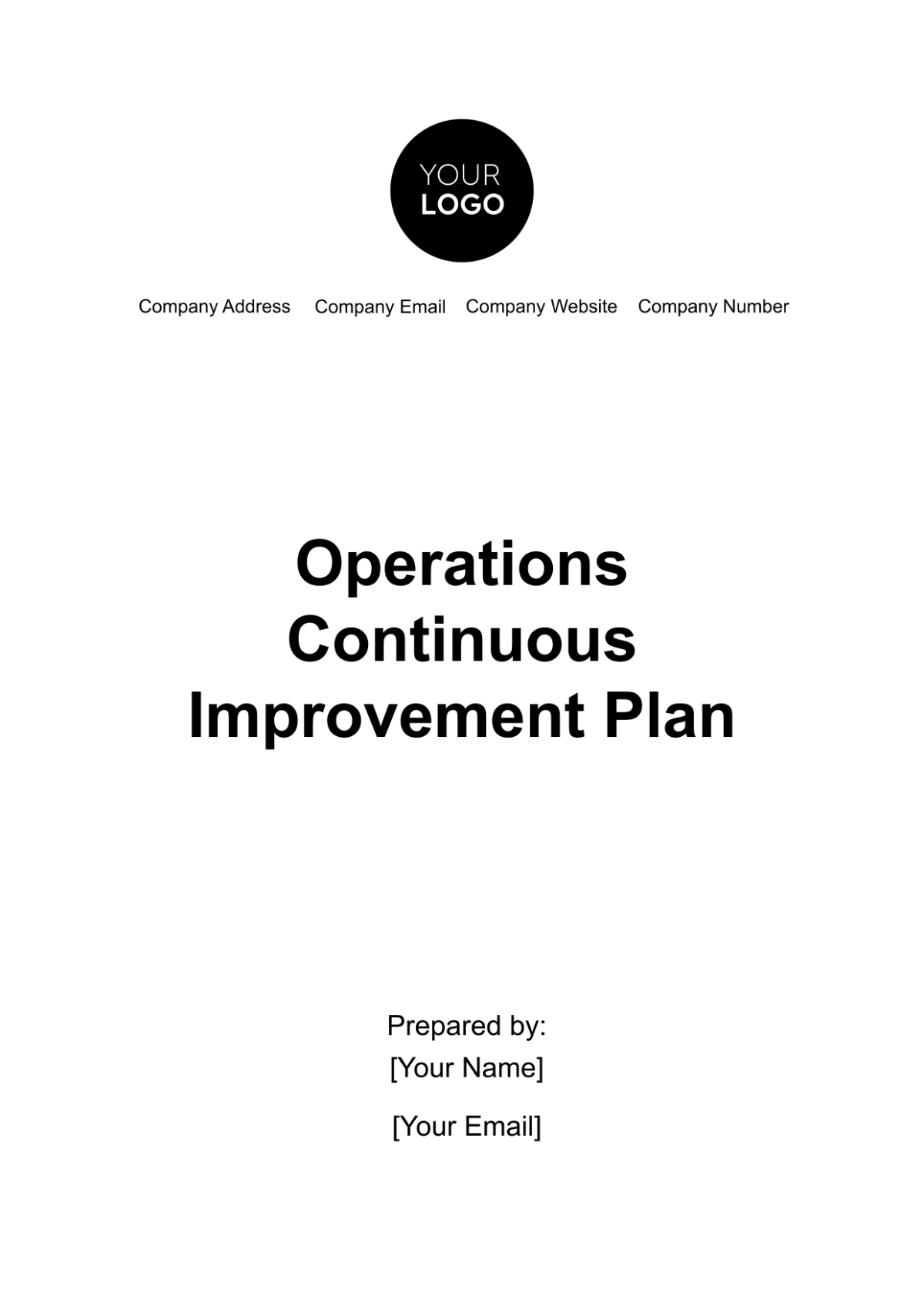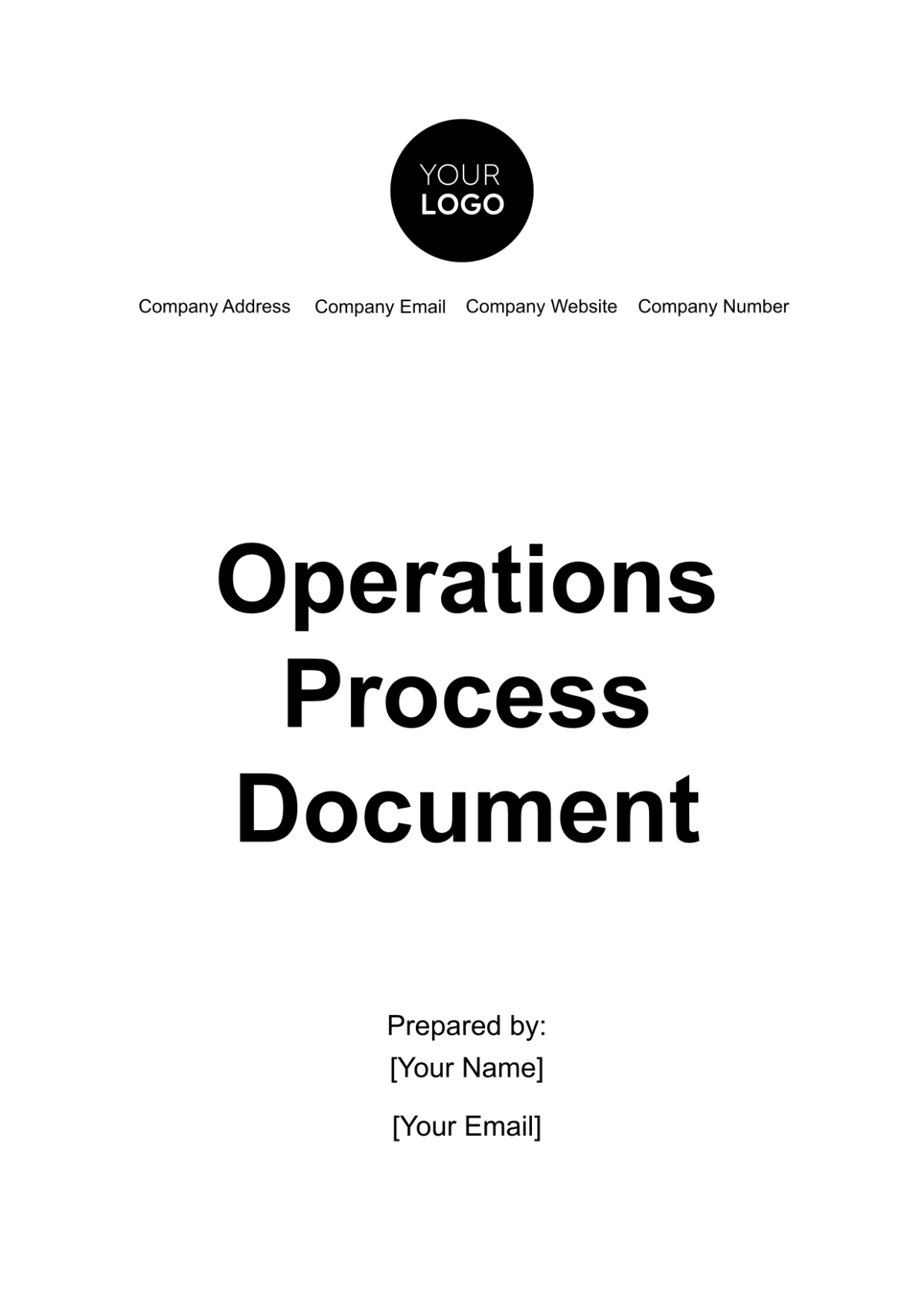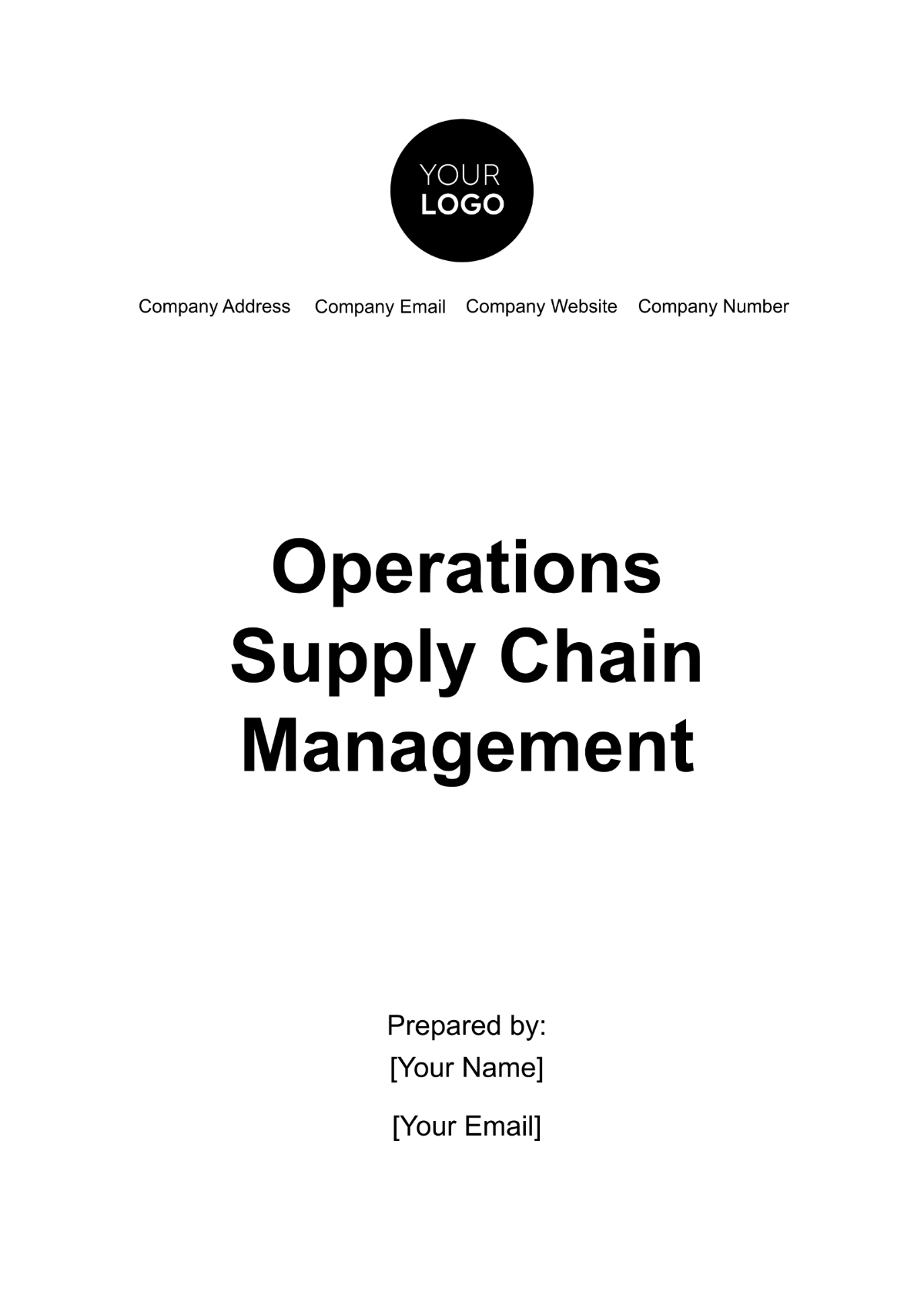Operations Compliance Case Study
Introduction
In business, the adherence to operational standards and regulatory frameworks is paramount for sustained success and integrity. Non-compliance can lead to severe ramifications, including financial penalties, legal entanglements, and a tarnished corporate image, all of which can undermine stakeholder confidence and market position. This case study delves into the critical nature of operational compliance within a corporate structure, outlining the inherent challenges and delineating effective strategies for seamless integration and adherence to these essential norms.
Case Description
This analysis explores "[Your Company Name]", a trailblazing entity within the technology sector, with its foundations firmly planted in [Your Company Address]. From its humble beginnings, [Your Company Name] has ascended to the forefront of the tech industry by [Date], attributing much of its exponential growth to an unwavering commitment to operational compliance and regulatory adherence. In an industry characterized by rapid technological evolution, fluctuating market dynamics, and continuously evolving legal frameworks, [Your Company Name] has adeptly navigated these complexities to maintain its compliance posture, thereby ensuring its competitive edge and sustainable growth.
Methods
To construct a comprehensive and insightful case study, a multifaceted approach was adopted to amass a wealth of data on [Your Company Name]'s compliance strategies and practices. Key methods included:
In-Depth Interviews: Structured conversations were held with key members of [Your Company Name]'s executive and management teams. These dialogues provided rich, qualitative insights into the company's compliance ethos, decision-making processes, and the strategic importance of compliance in their operational model.
Document Analysis: A thorough examination of internal documents was conducted, encompassing annual reports, compliance policy manuals, and internal audits. This review offered a quantitative perspective on the company's compliance efforts, revealing the structures, processes, and outcomes of their compliance strategies.
Regulatory Review: An analysis of relevant regulatory and legal documents pertinent to [Your Company Name]'s operational domain was undertaken. This helped in understanding the external compliance landscape, including industry standards, legal requirements, and regulatory changes, providing context to the company's compliance mechanisms.
Third-Party Audits: Insights from external audits conducted by independent bodies were also considered. These audits provided an unbiased assessment of [Your Company Name]'s compliance status, highlighting areas of strength and opportunities for improvement.
Together, these methods offered a holistic view of [Your Company Name]'s compliance framework, underpinning the findings and conclusions drawn in this case study.
Findings
[Your Company Name] boasts a dedicated compliance department comprising specialists in various regulatory domains. The company has instituted a comprehensive compliance framework that encompasses:
Regular Employee Training: Ensuring that all team members are abreast of the latest compliance standards and understand their role in maintaining these standards.
Robust Compliance Policies: A set of well-defined policies that guide the company's operations, decision-making, and ethical conduct.
Third-Party Audits: Engaging independent auditors to assess the company's compliance posture, providing an objective evaluation of its adherence to regulatory standards.
Open Communication Culture: Fostering an environment where employees feel empowered to discuss compliance issues, raise concerns, and suggest improvements.
This multifaceted approach to compliance has not only enabled [Your Company Name] to meet regulatory requirements but also to exceed them, thus gaining a competitive edge in the industry.
Challenges and Solutions
The journey to achieving exemplary compliance standards is fraught with challenges, particularly in the fast-evolving tech sector. [Your Company Name] faced significant hurdles, such as:
Evolving Data Protection Regulations: With the advent of stringent data privacy laws globally, [Your Company Name] had to continuously adapt its data management practices to stay compliant.
Ethical Considerations in AI: As a pioneer in artificial intelligence, the company navigated complex ethical dilemmas and emerging norms in AI governance.
To address these challenges, [Your Company Name] adopted a proactive stance, investing in advanced training programs and cutting-edge compliance technologies. This forward-thinking approach not only mitigated potential risks but also positioned the company as a leader in compliance and ethical practices.
Best Practices in Compliance
Drawing from [Your Company Name]'s experiences, several best practices emerge:
Proactive Compliance Management: Anticipating changes in the regulatory landscape and adapting swiftly to new requirements.
Employee Engagement: Cultivating a culture where compliance is everyone's responsibility, and employees are actively involved in compliance initiatives.
Technology Integration: Leveraging technology to streamline compliance processes, enhance data security, and ensure real-time monitoring of compliance metrics.
Stakeholder Communication: Maintaining open lines of communication with regulators, partners, and customers to ensure transparency and trust.
Strategic Impact of Compliance
[Your Company Name]'s commitment to operational compliance has had a profound strategic impact, including enhanced risk management, improved operational efficiency, and strengthened stakeholder relationships. Compliance has transcended its traditional role as a legal requirement to become a core element of the company's strategic framework, driving innovation, competitiveness, and long-term success.
Conclusion
[Your Company Name]'s case study exemplifies how operational compliance, when effectively integrated into business strategy, can yield significant benefits beyond regulatory adherence. The company's journey underscores the importance of a proactive, engaged, and technology-driven approach to compliance. As [Your Company Name] continues to lead in the tech industry, its dedication to compliance serves as a model for businesses aiming to thrive in an increasingly regulated and complex global market.

